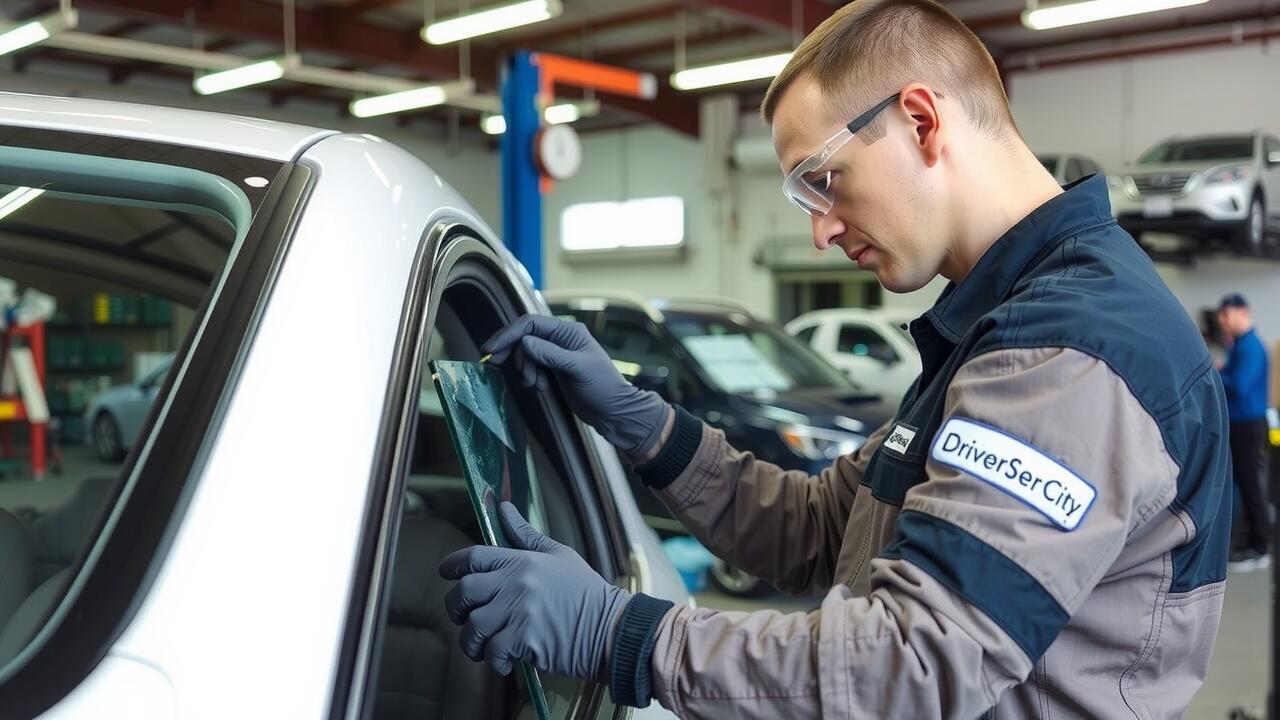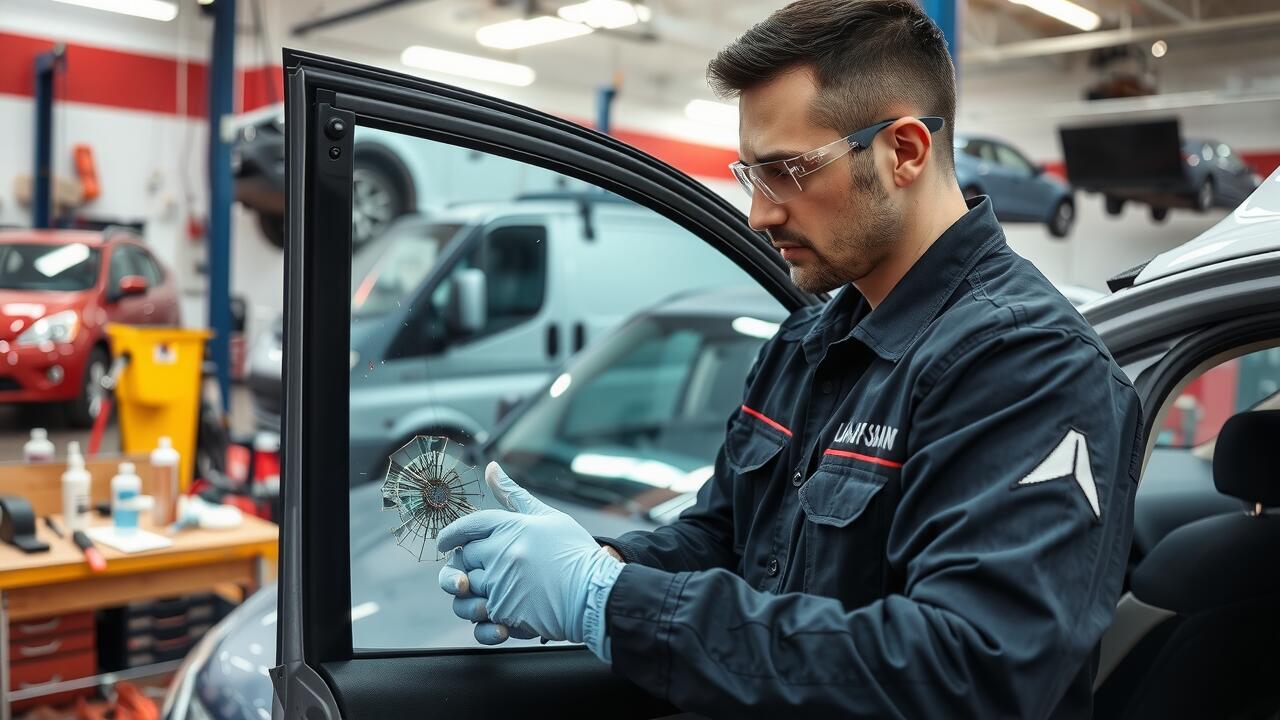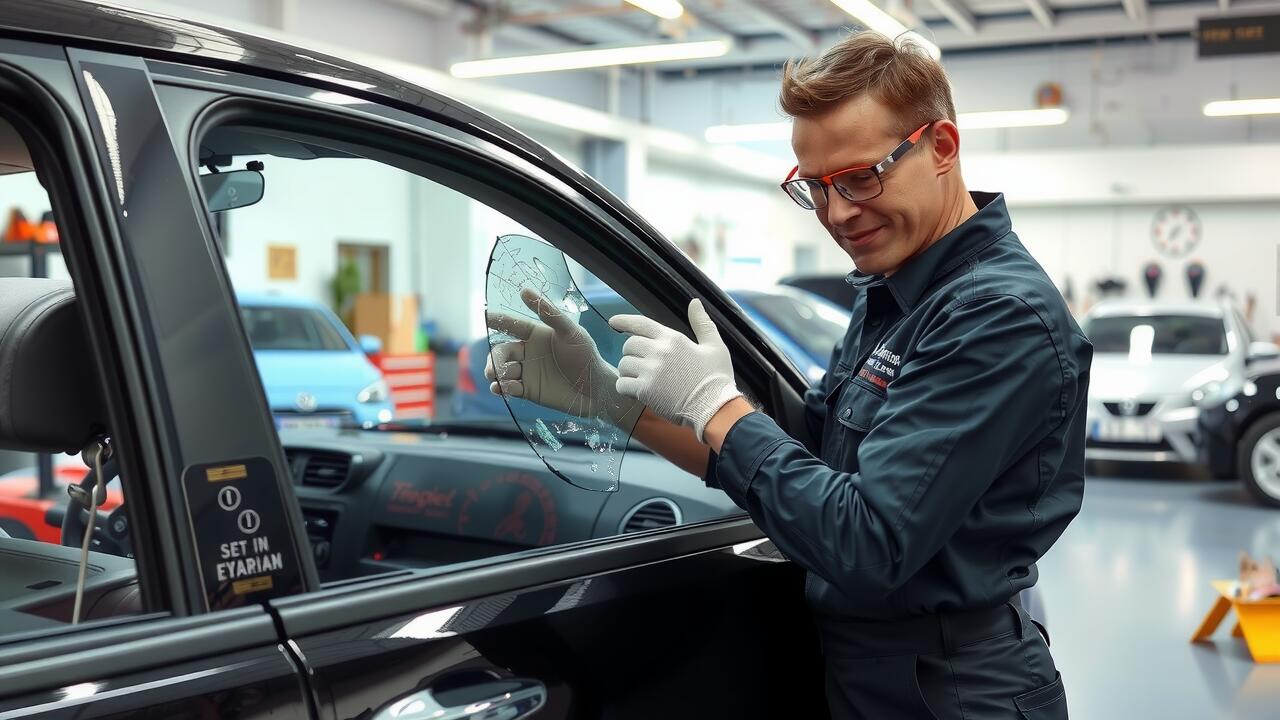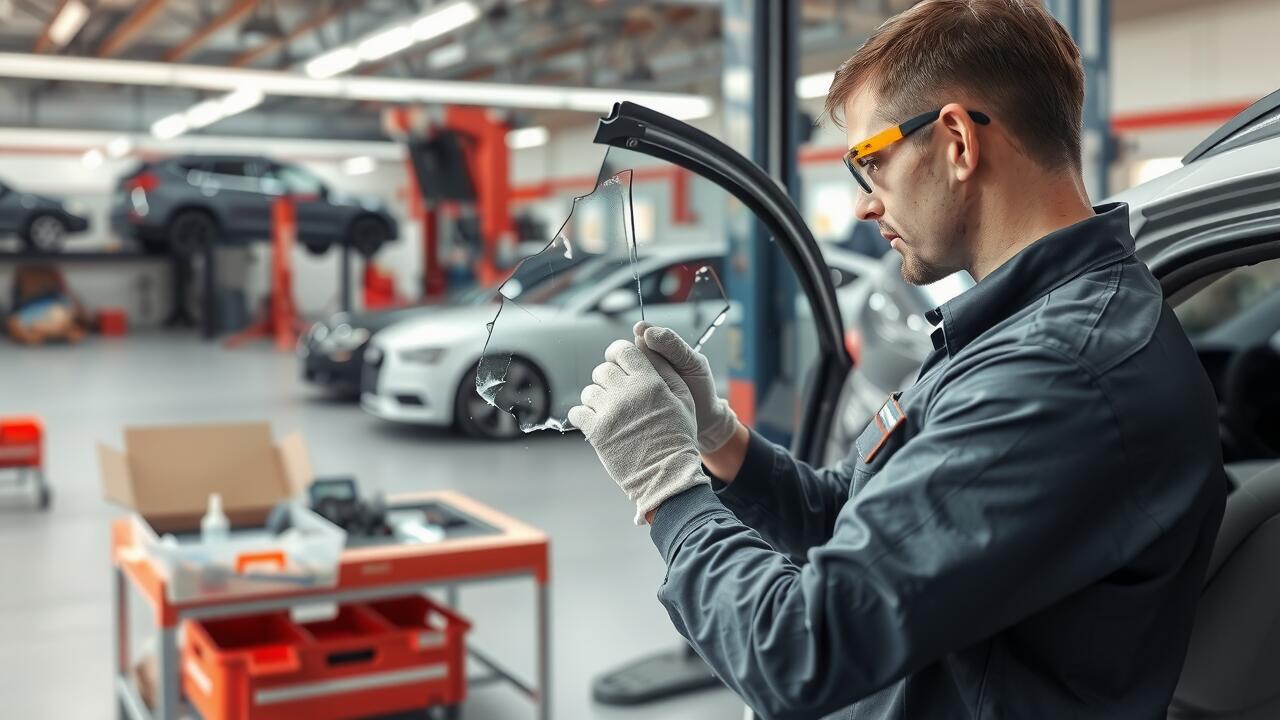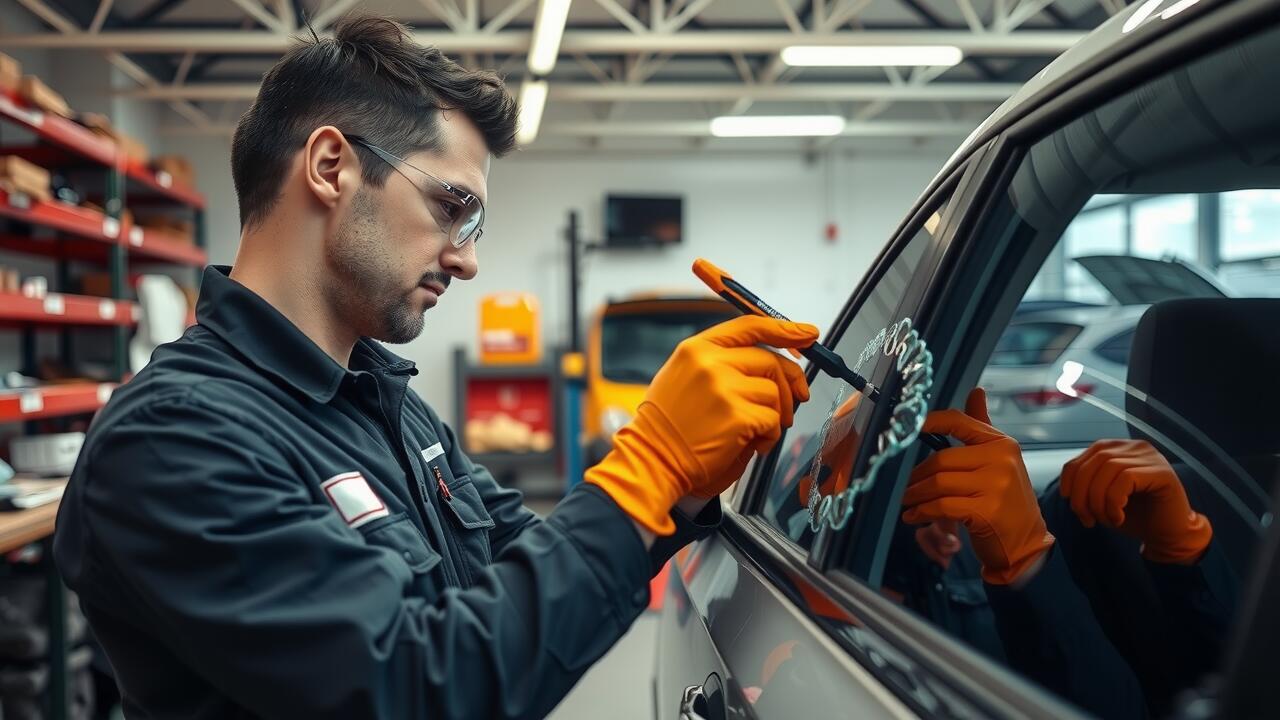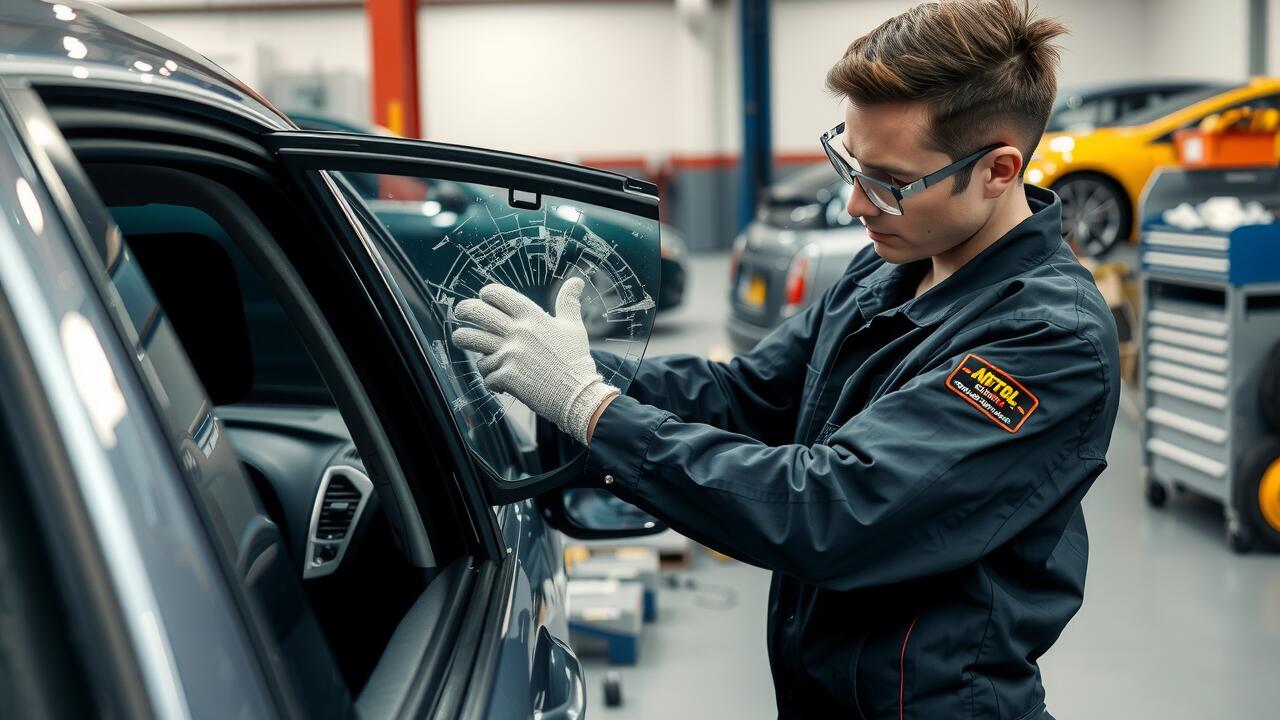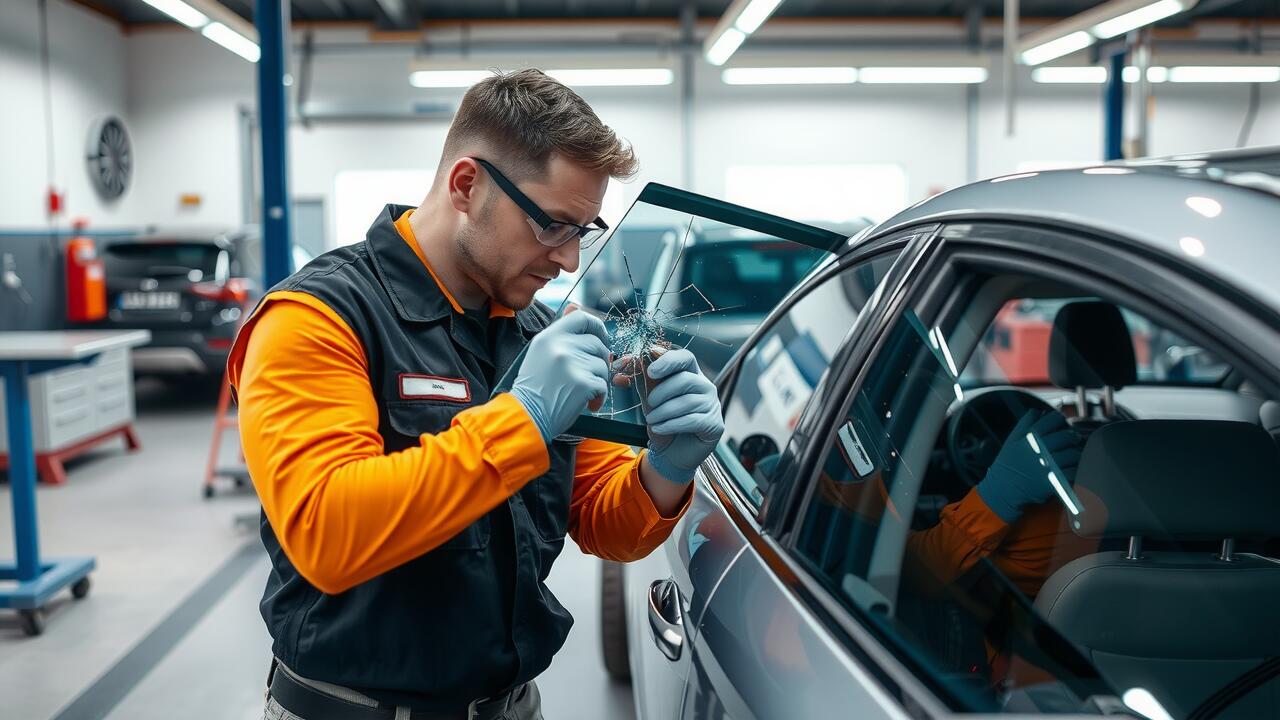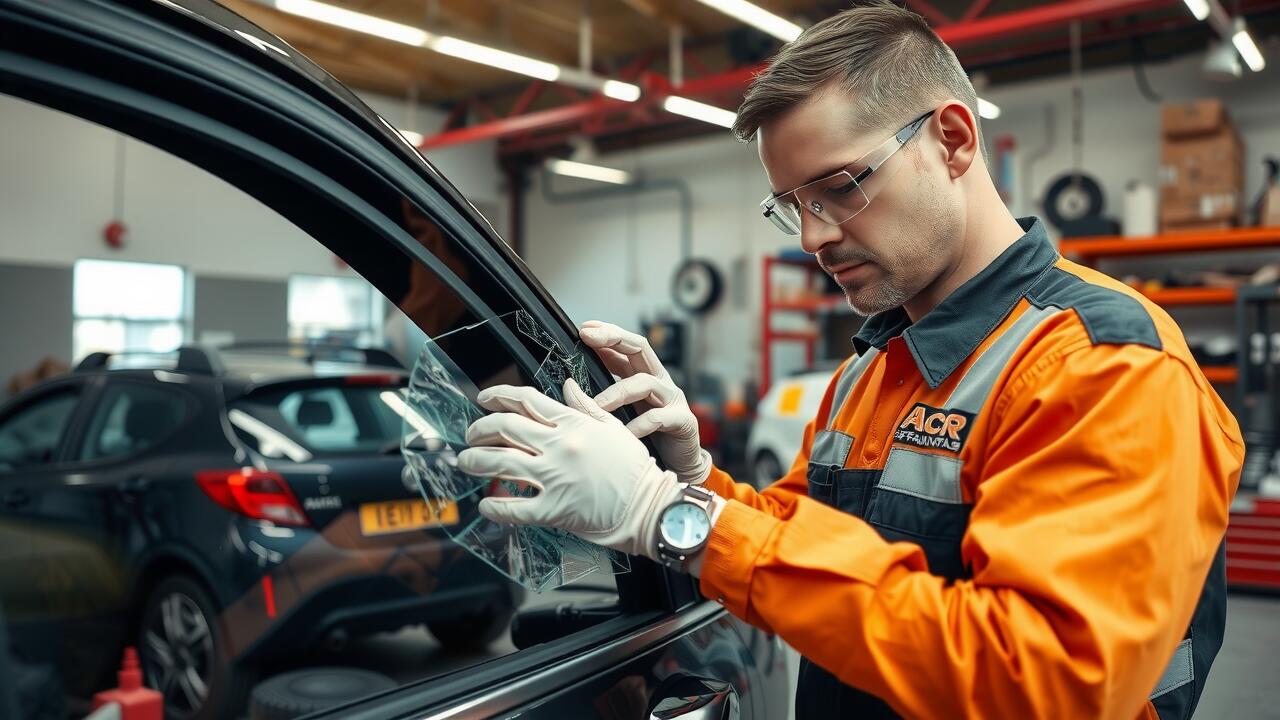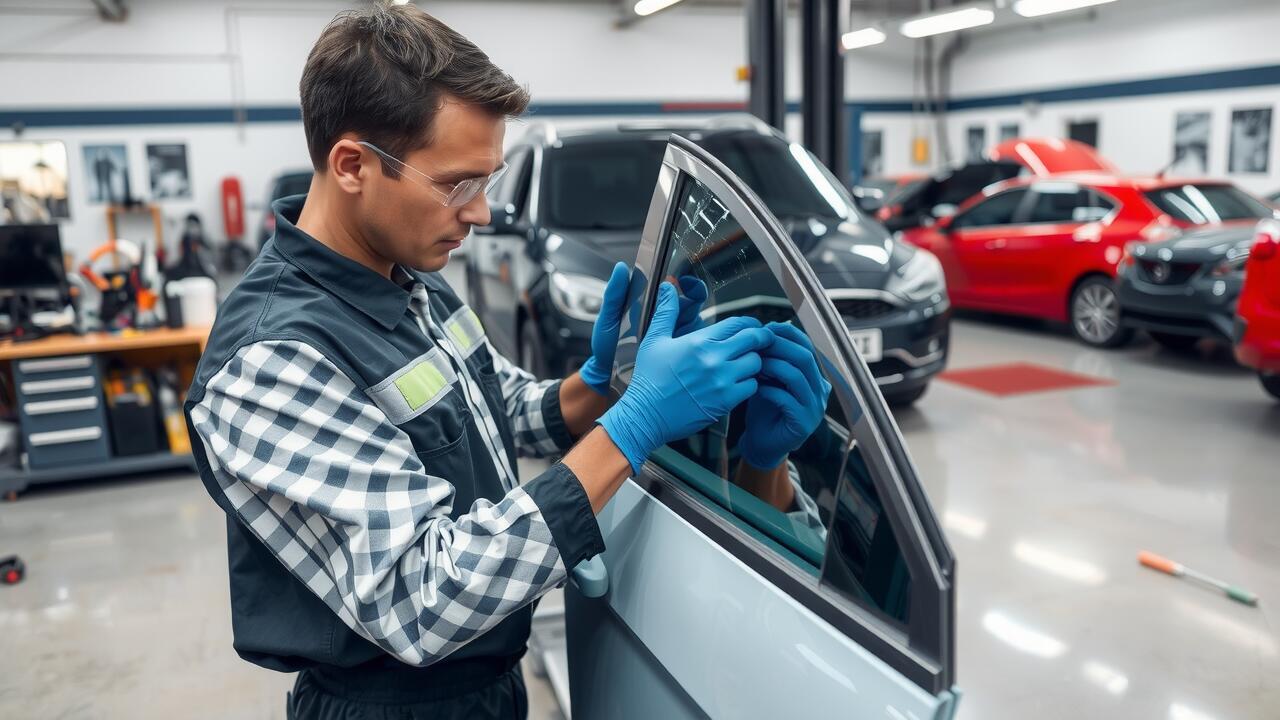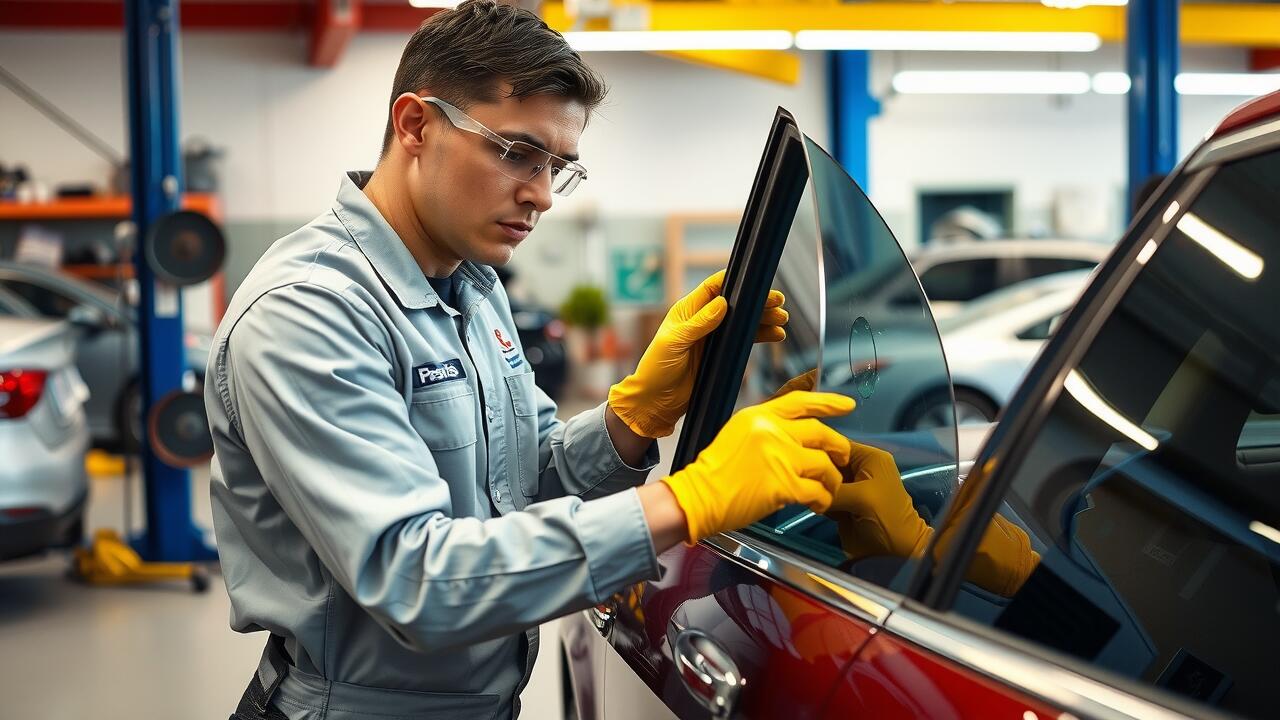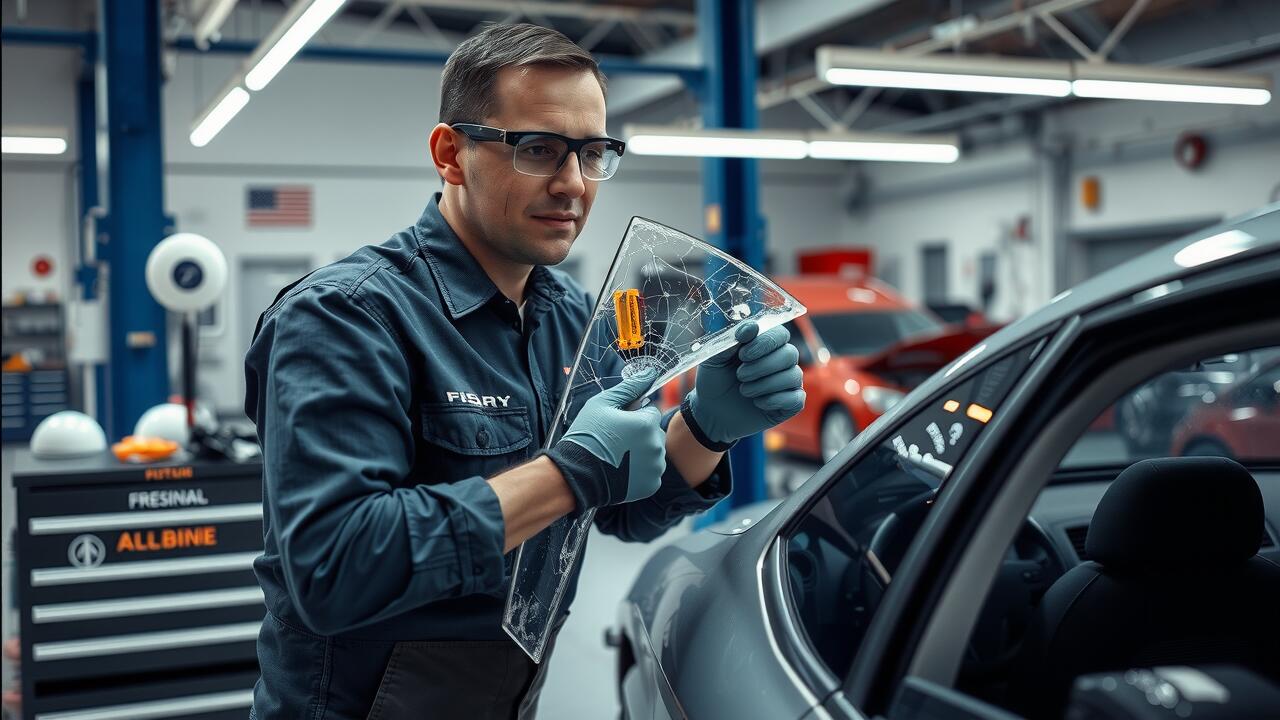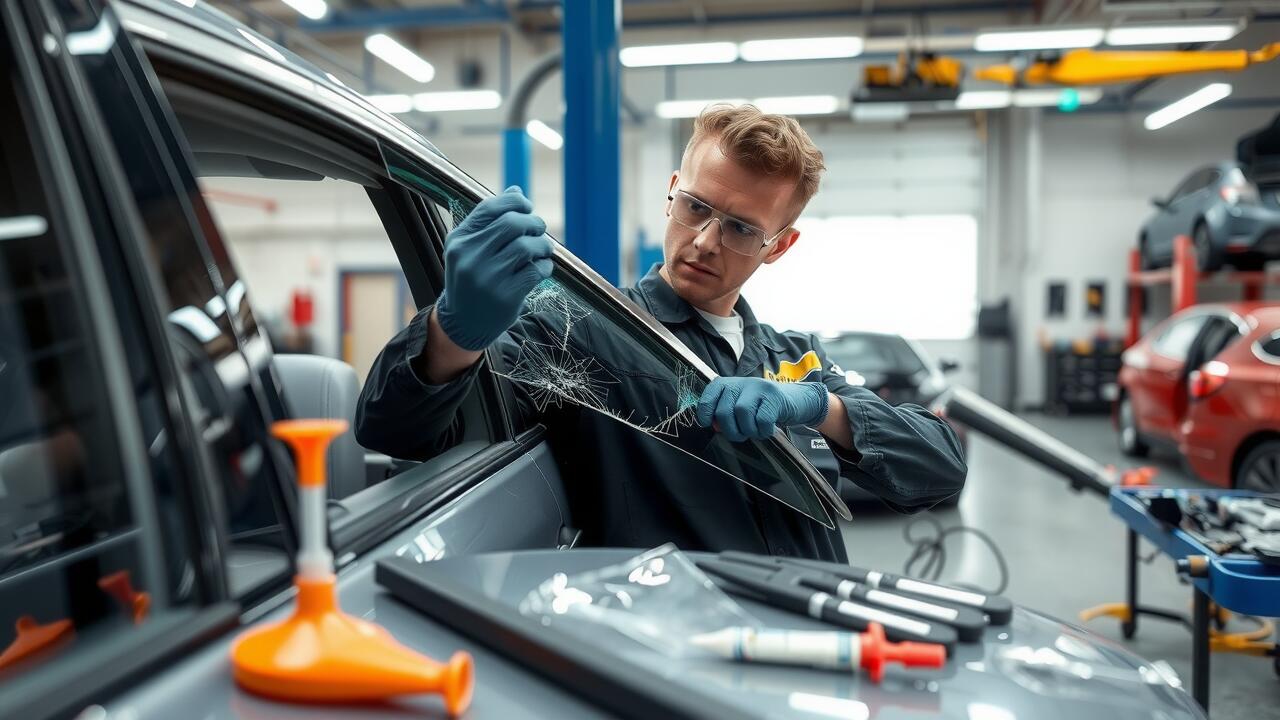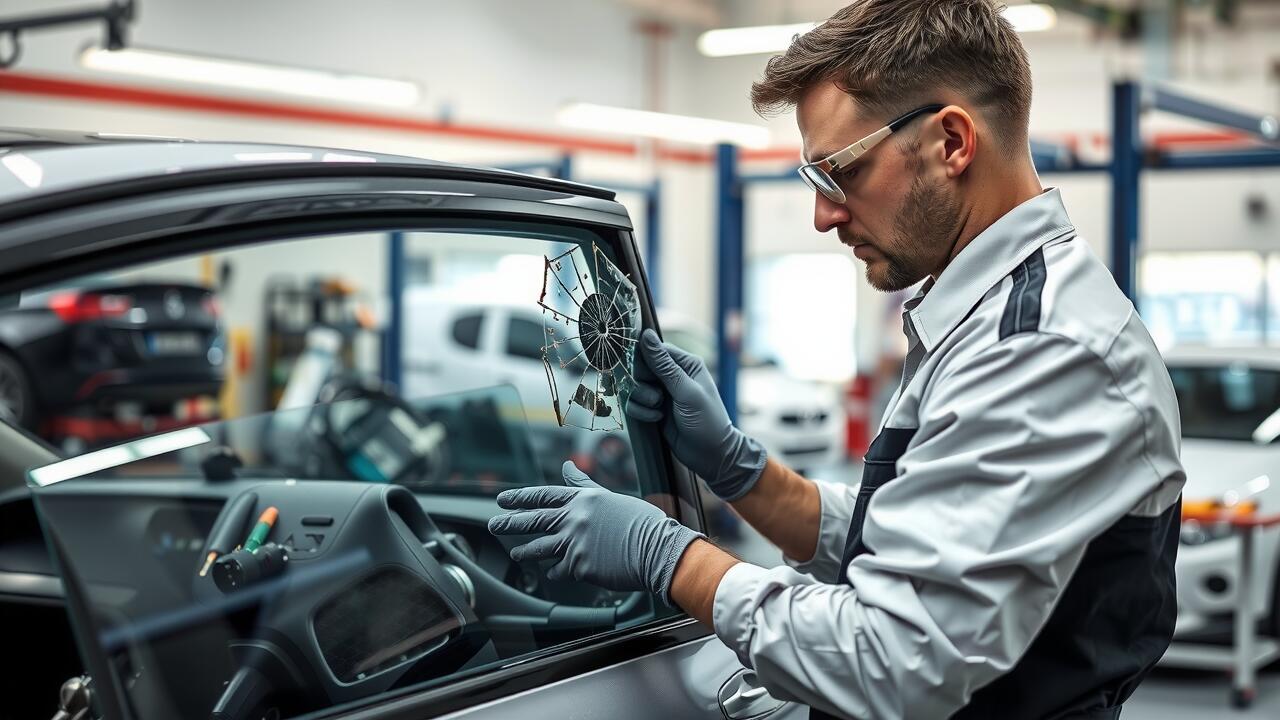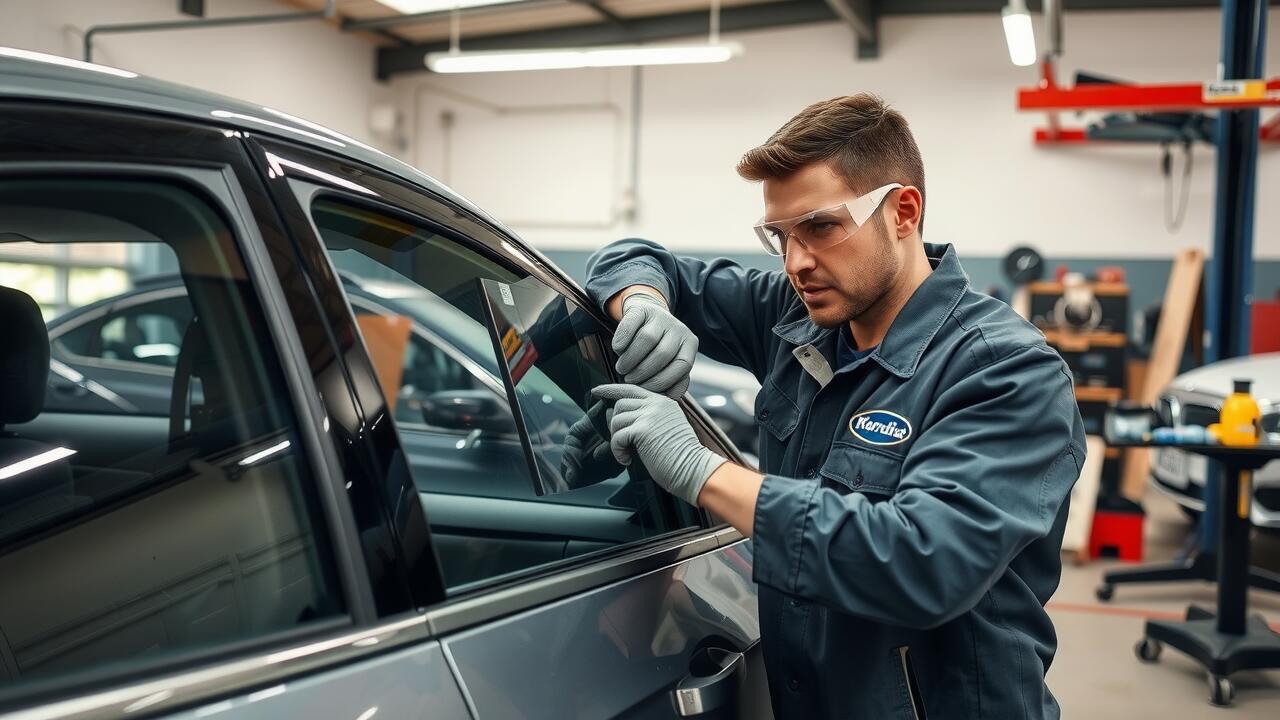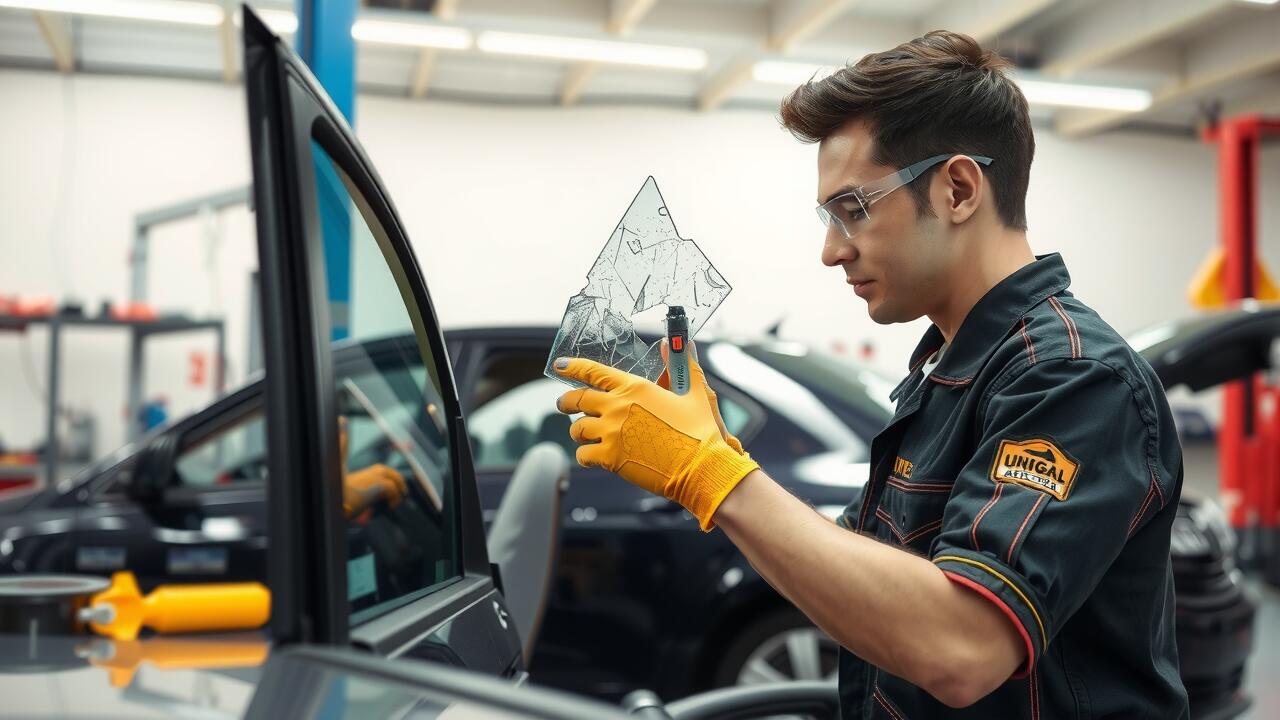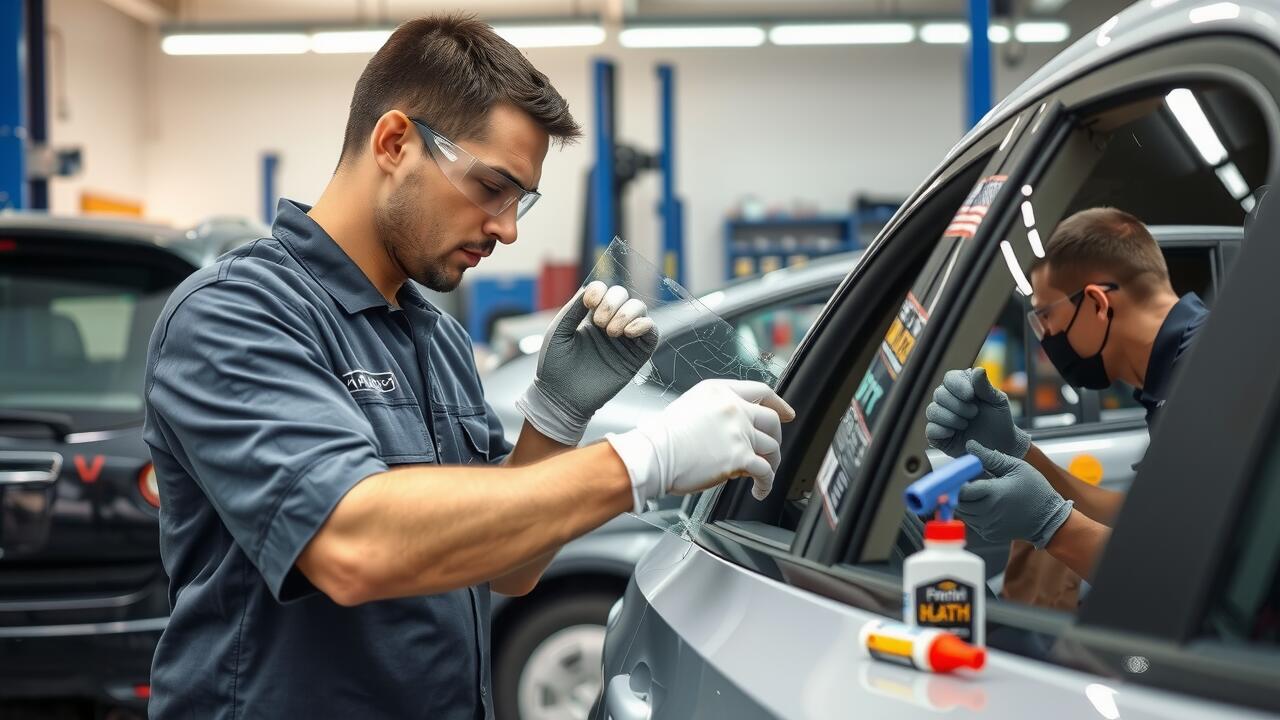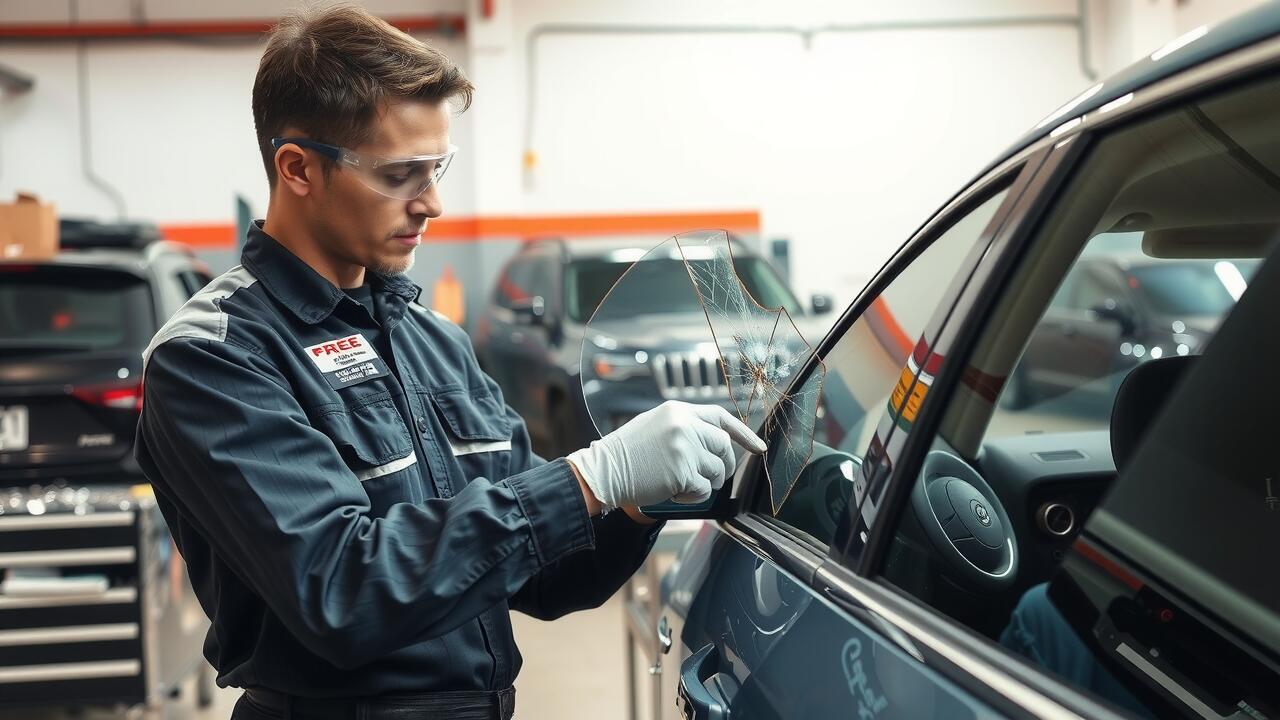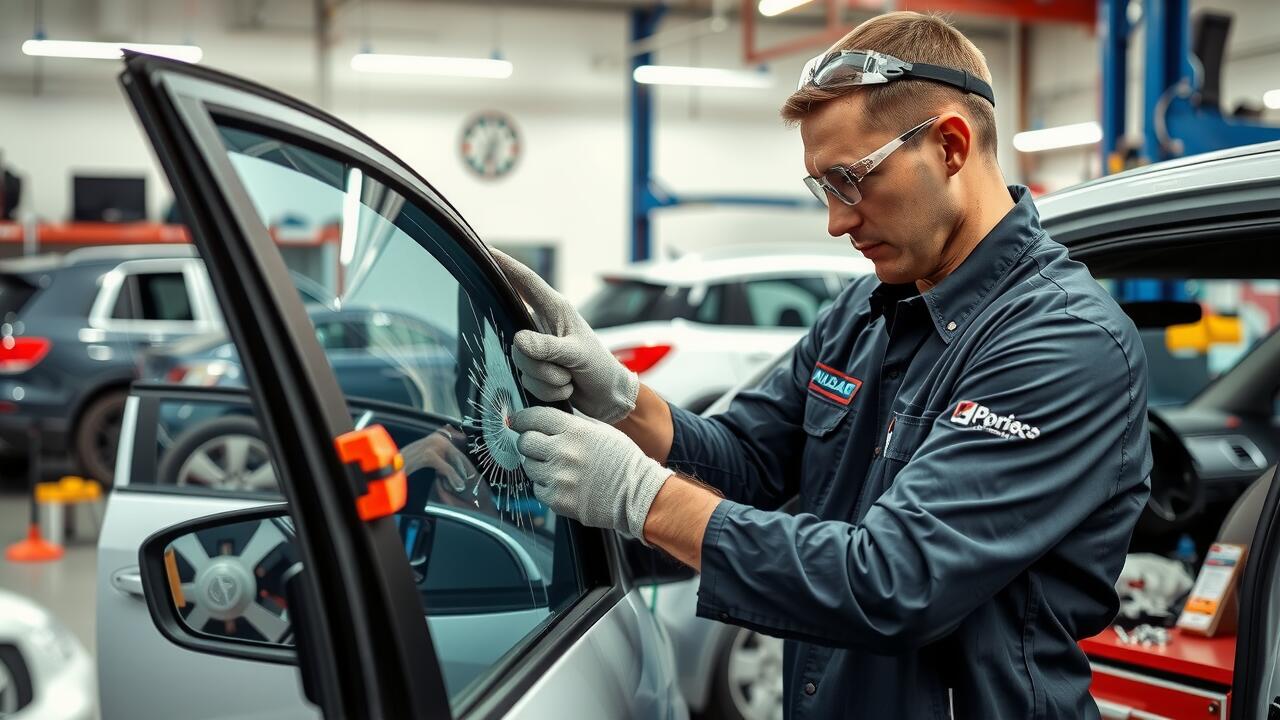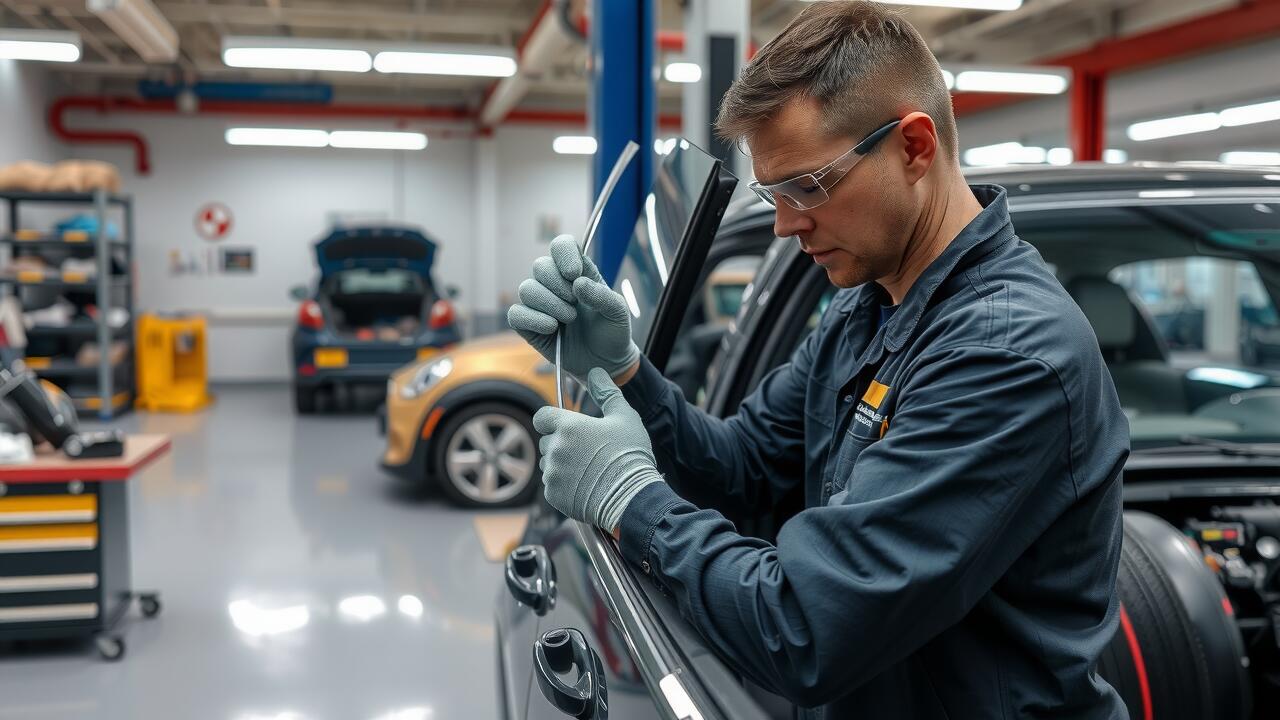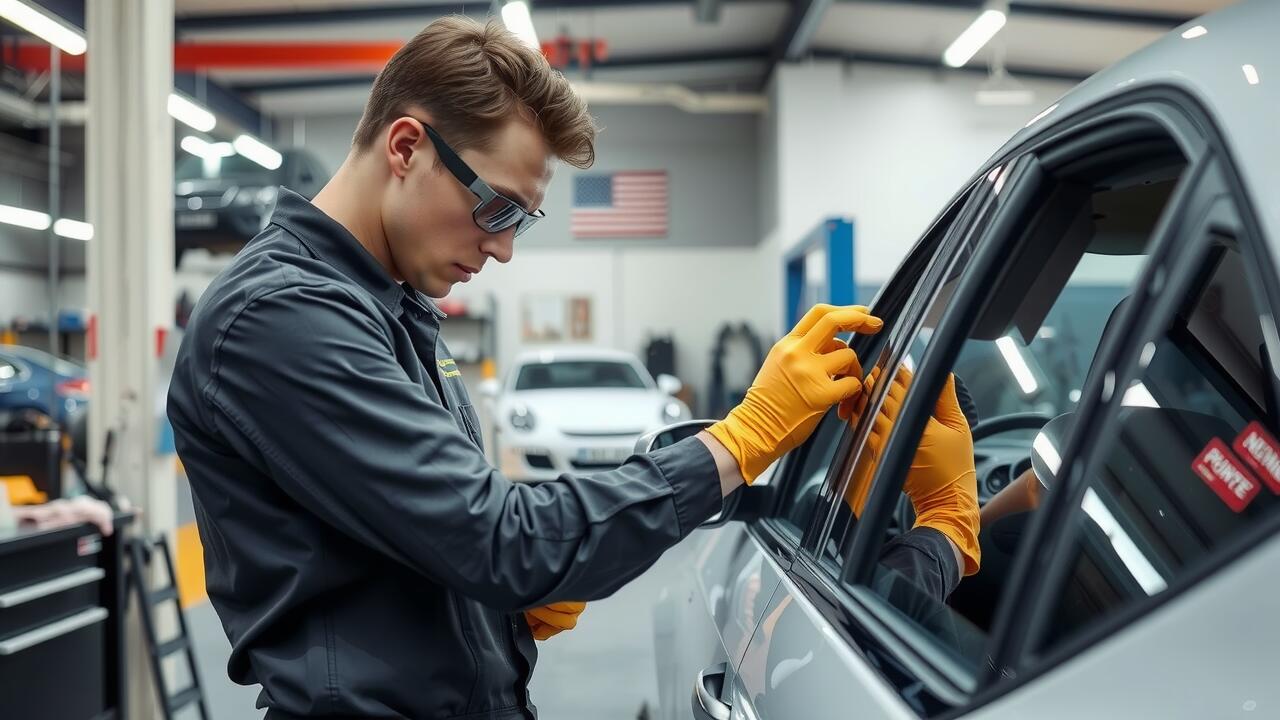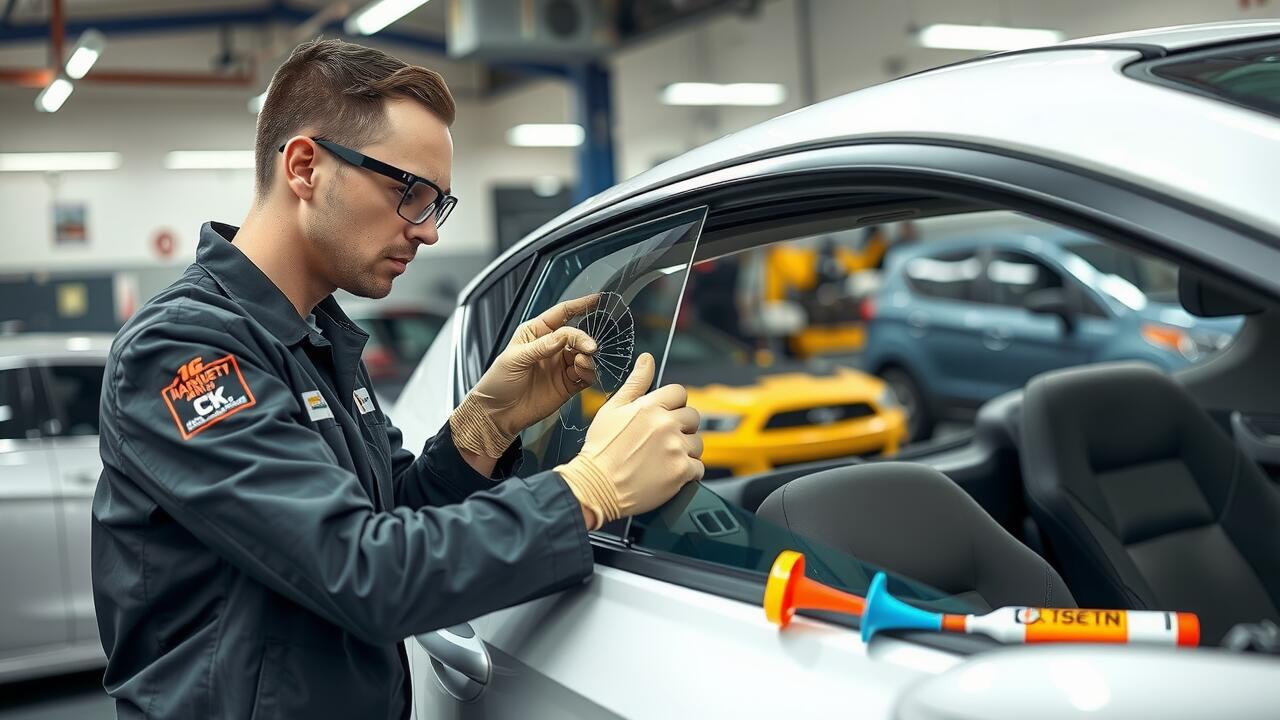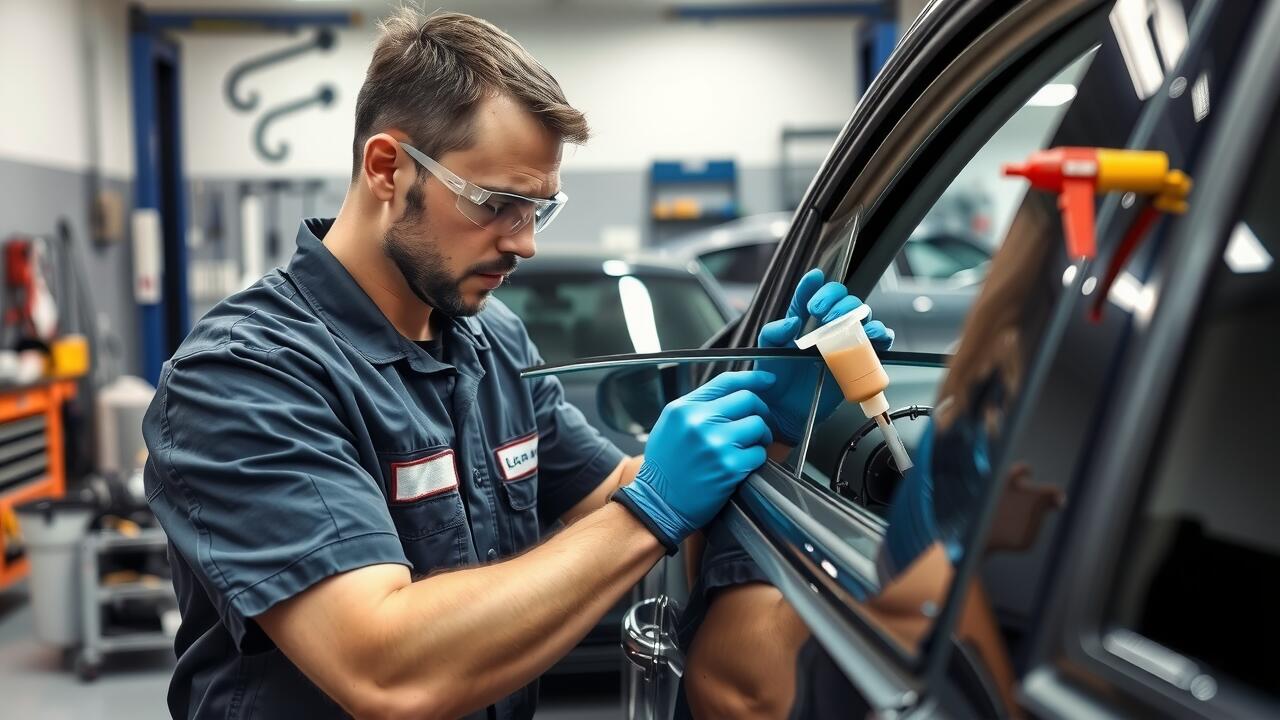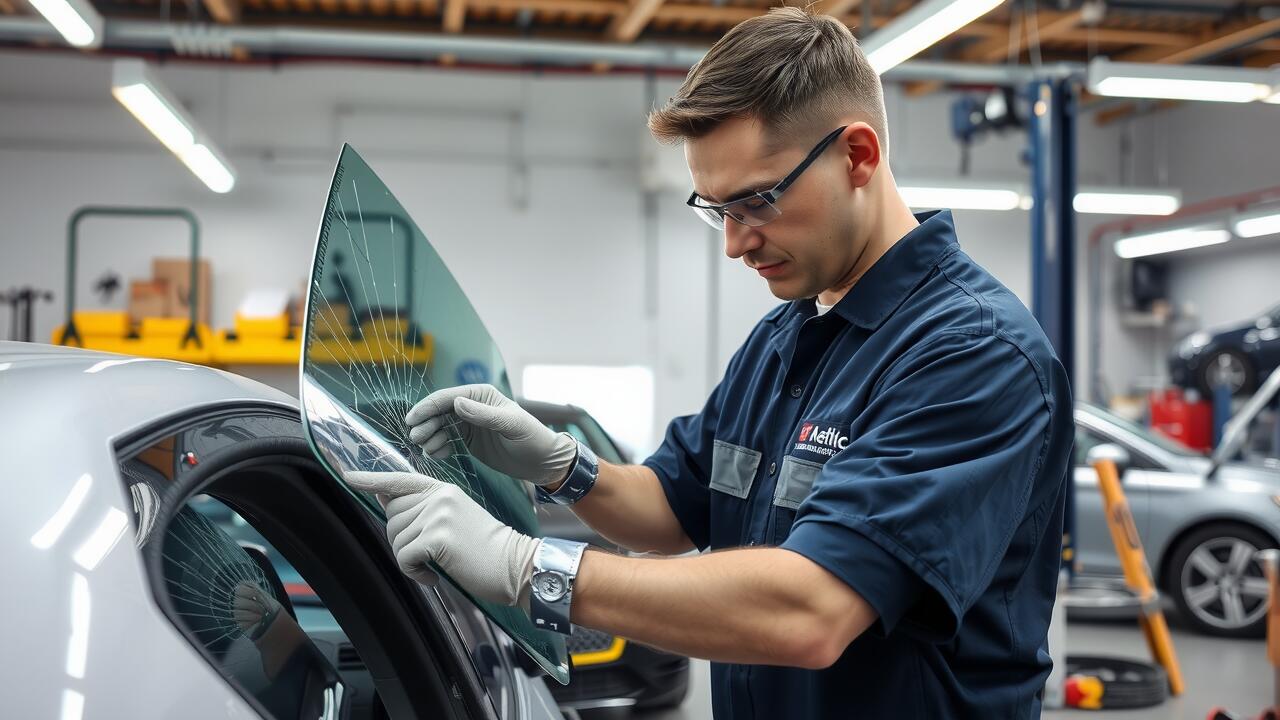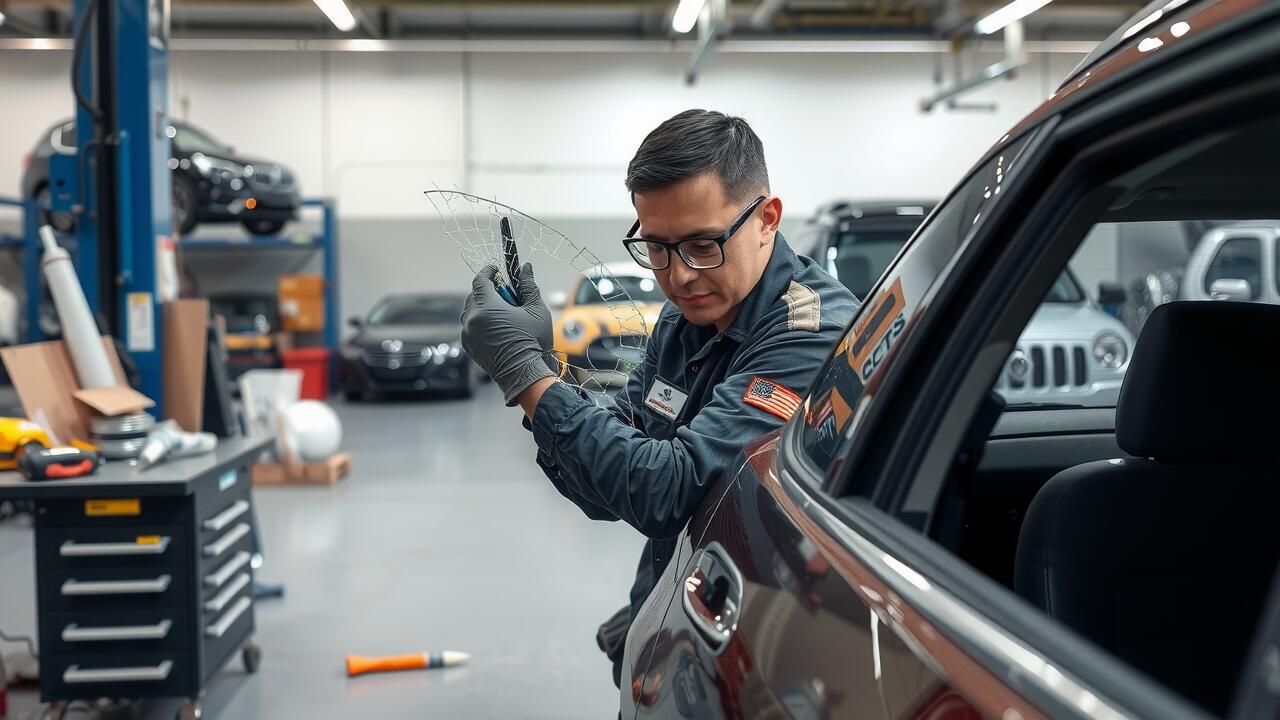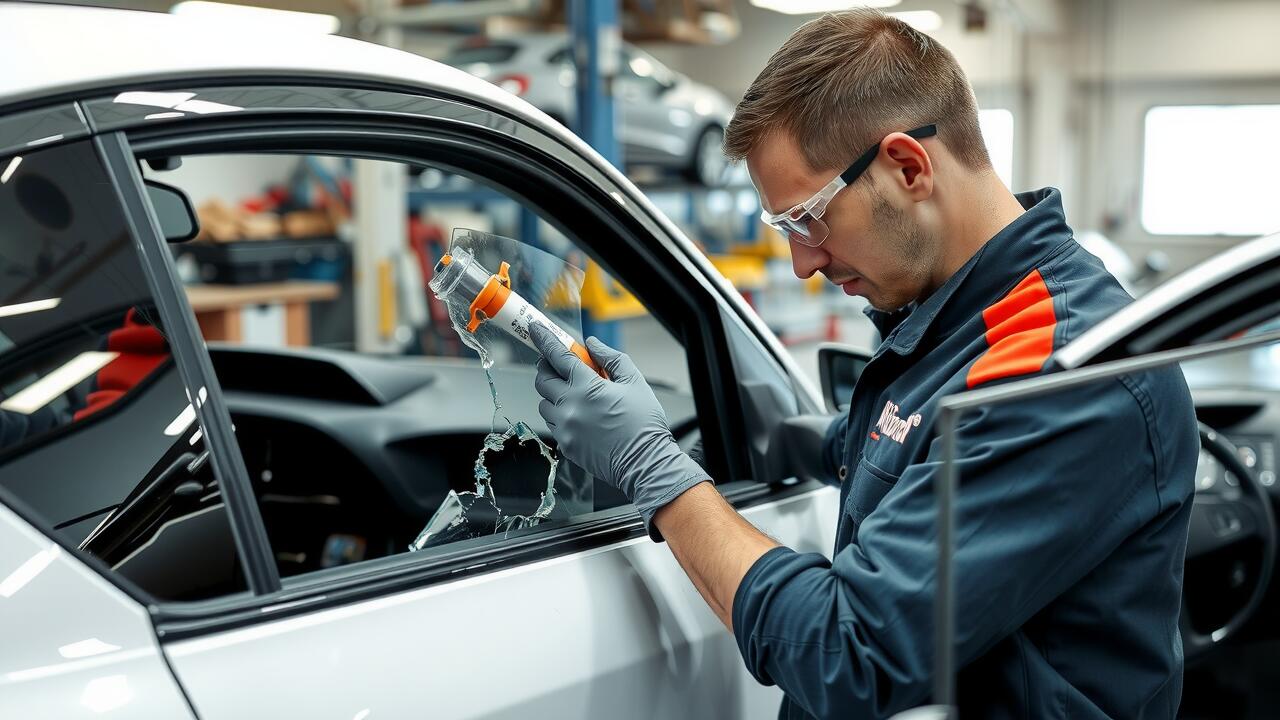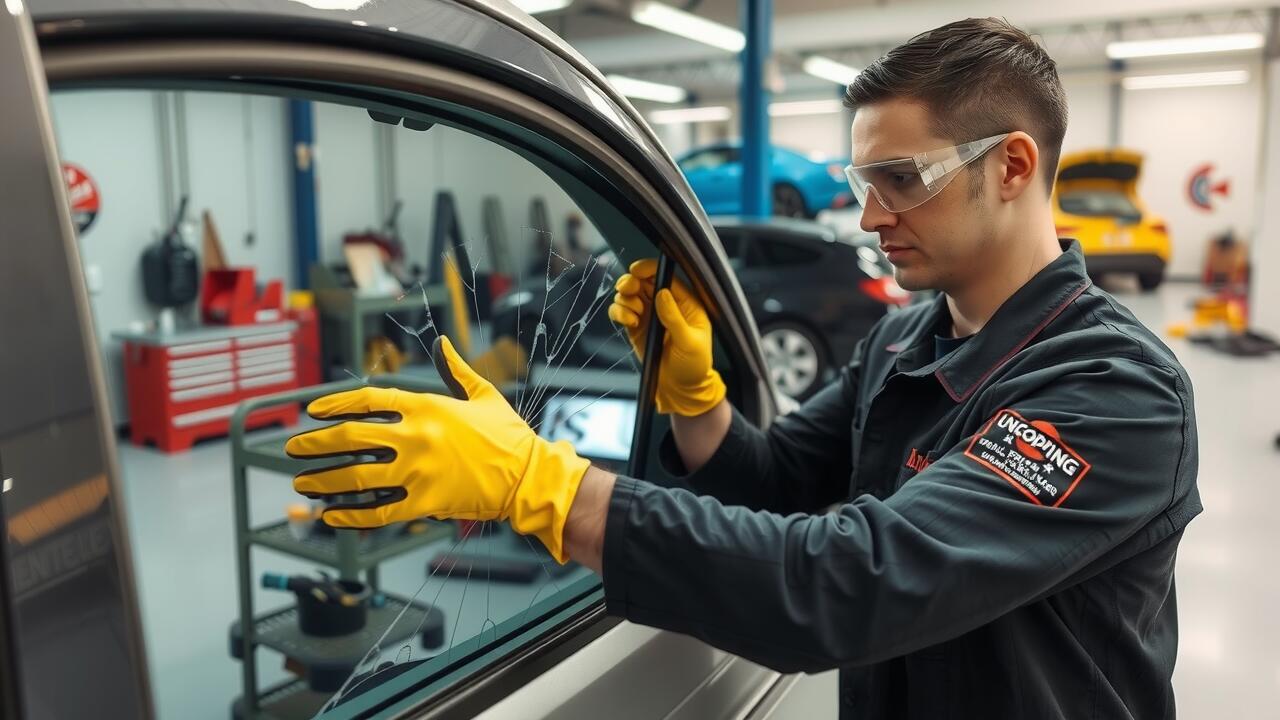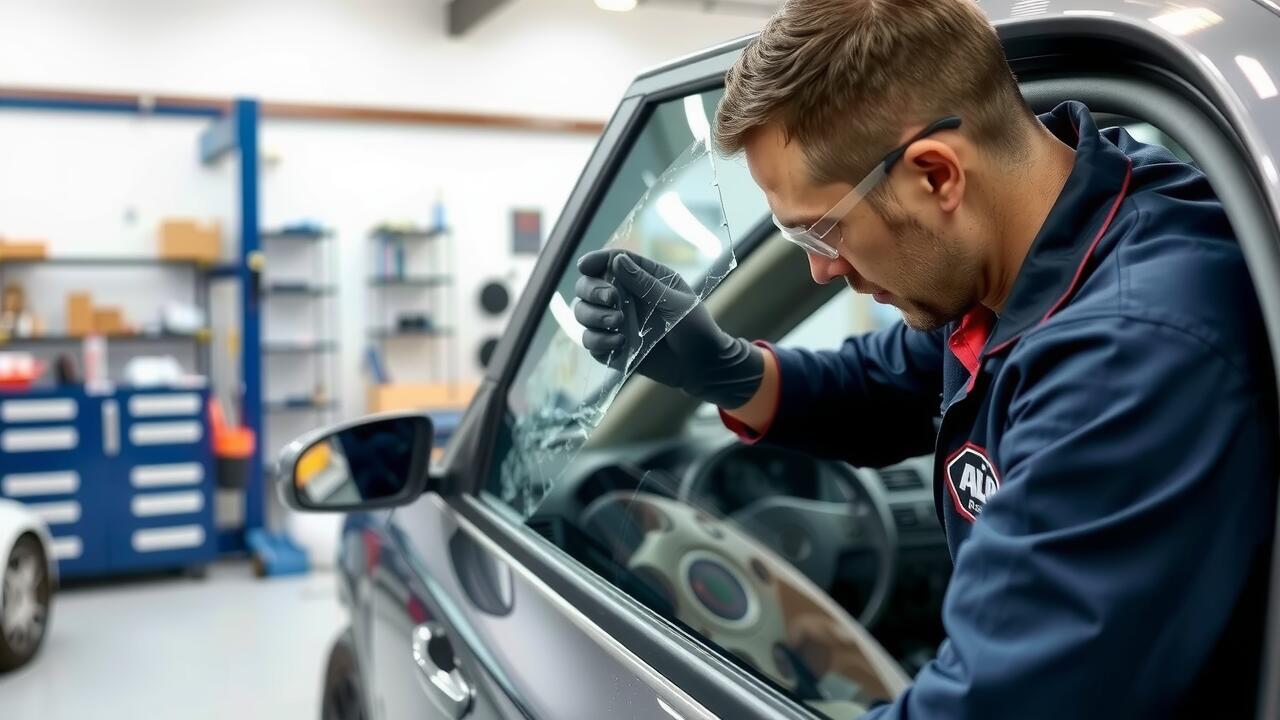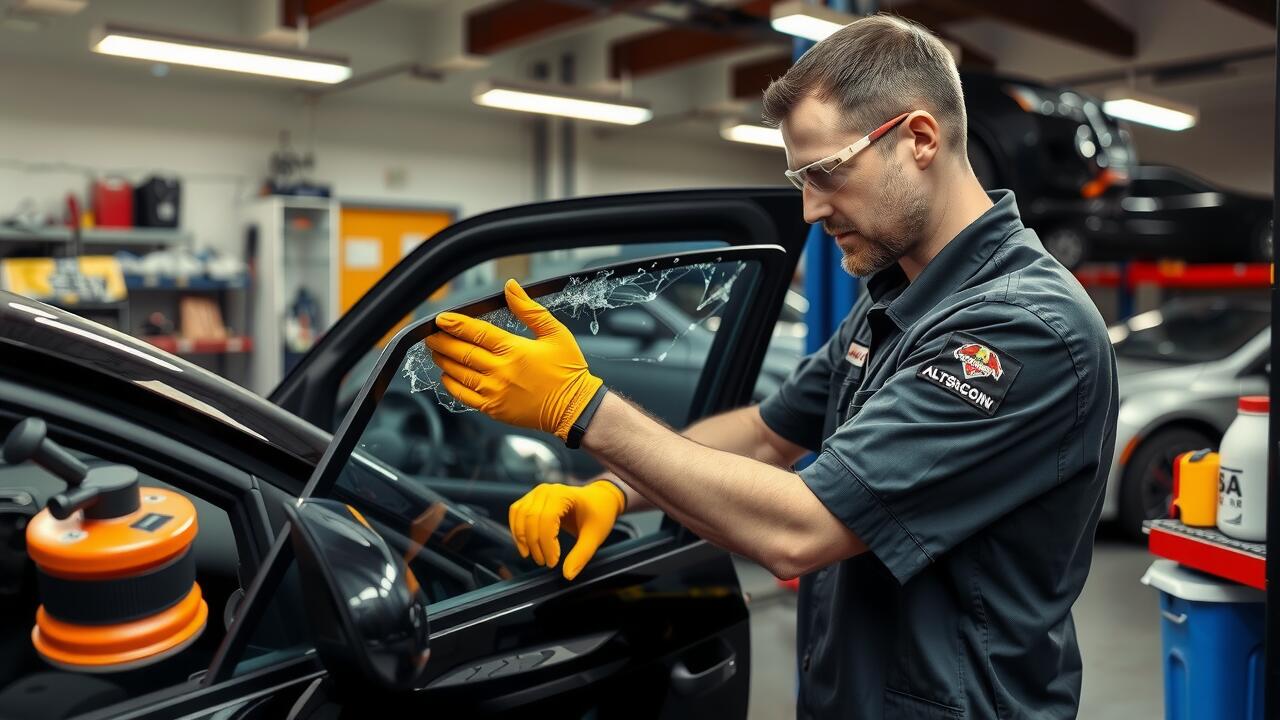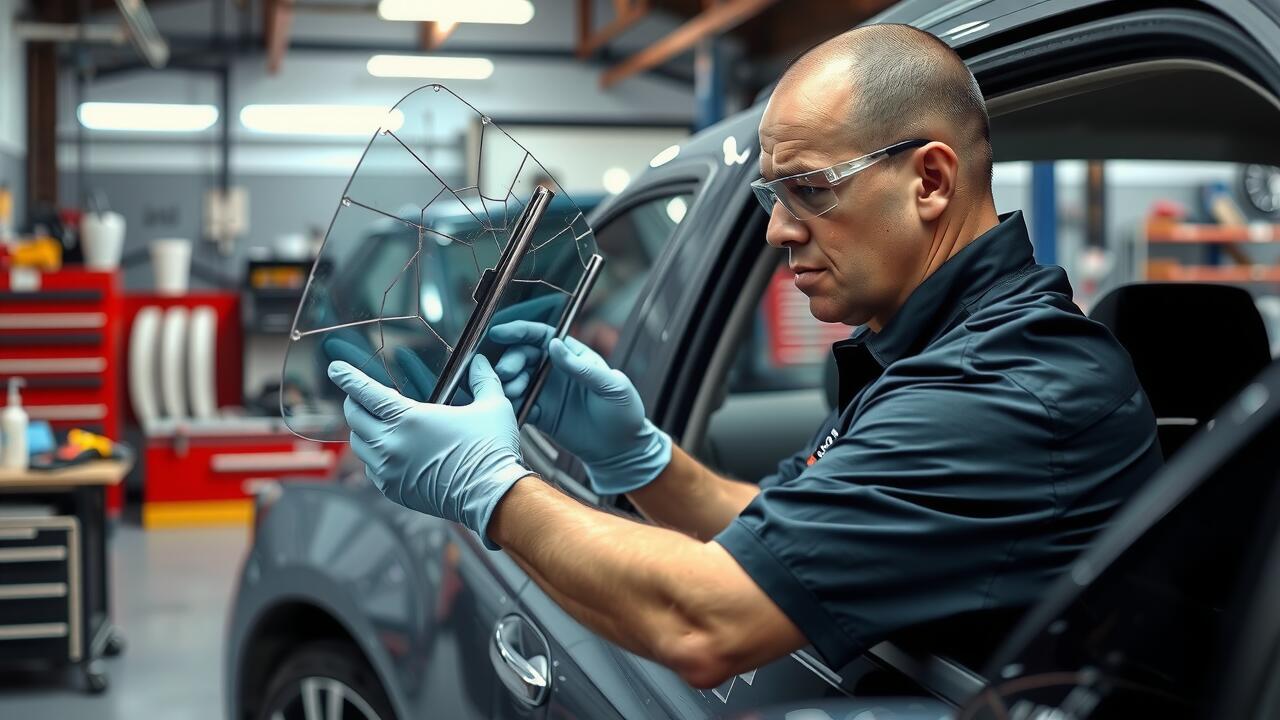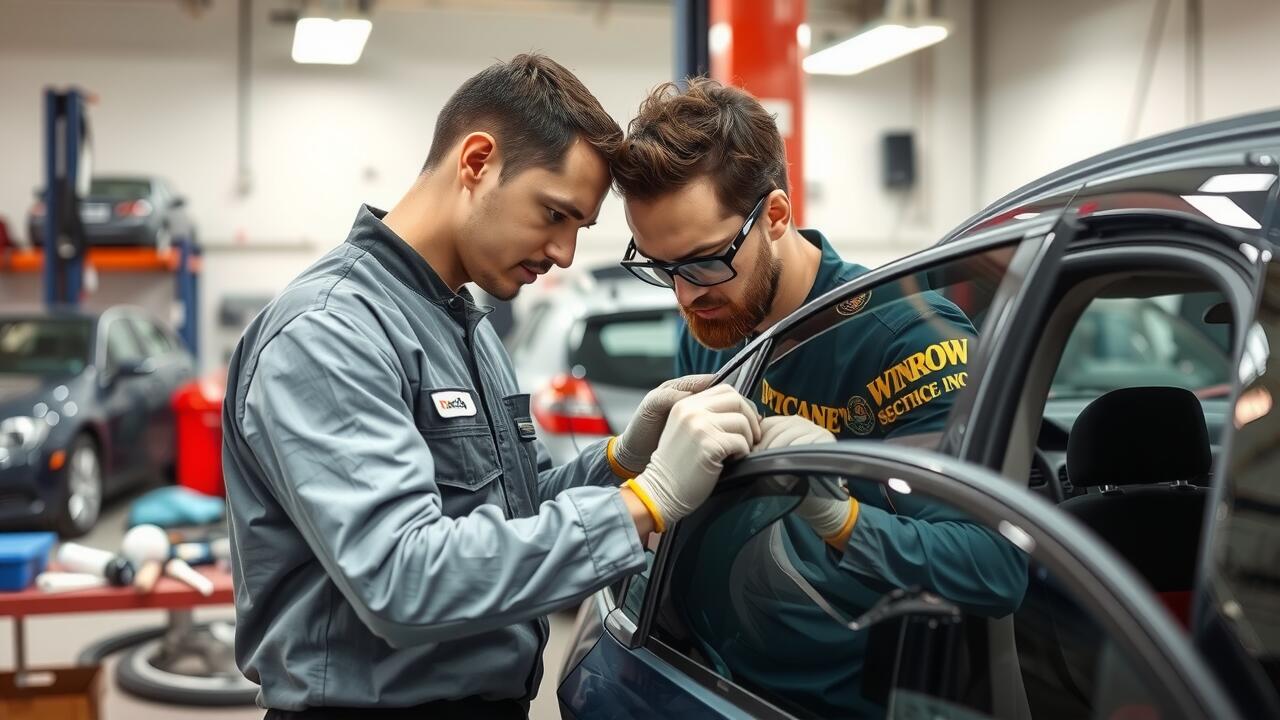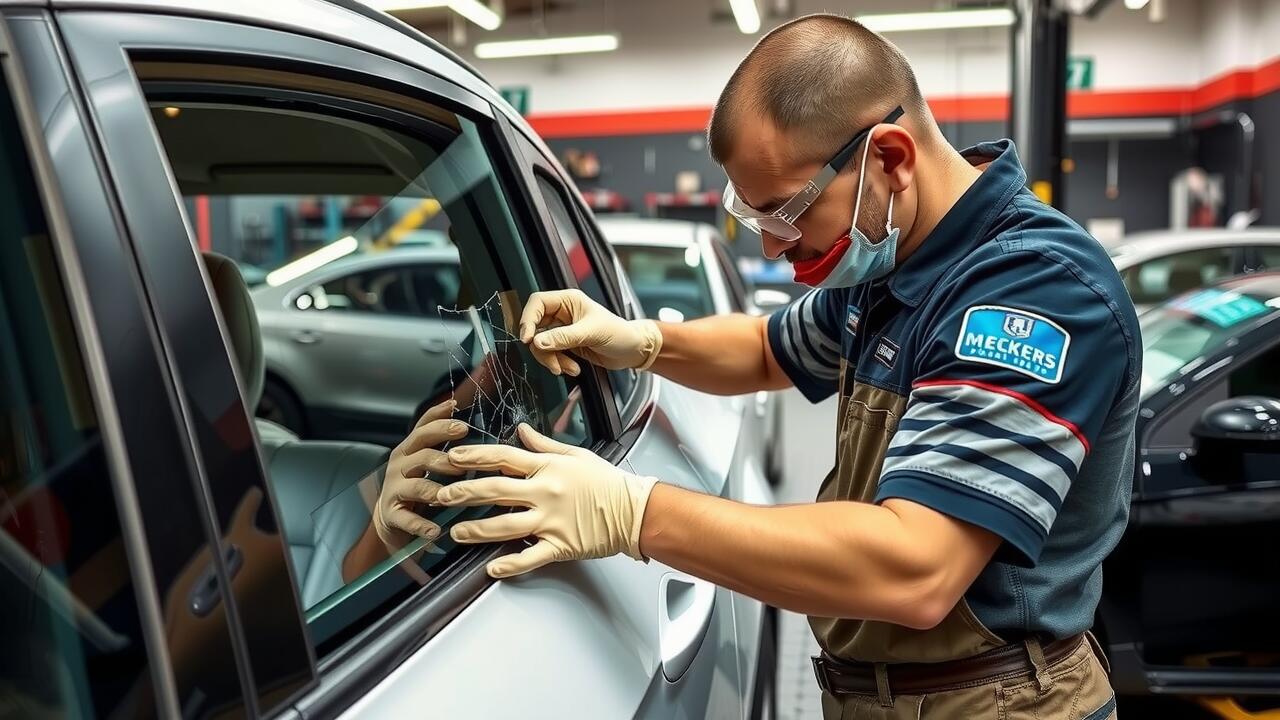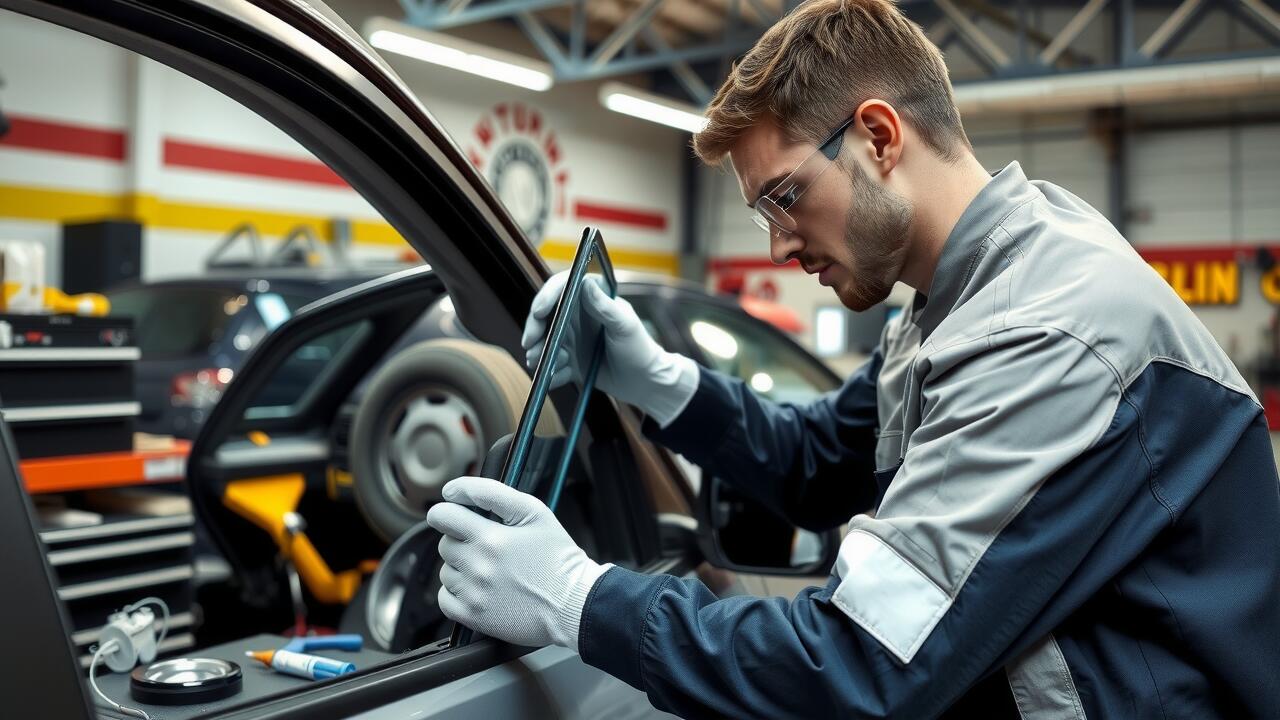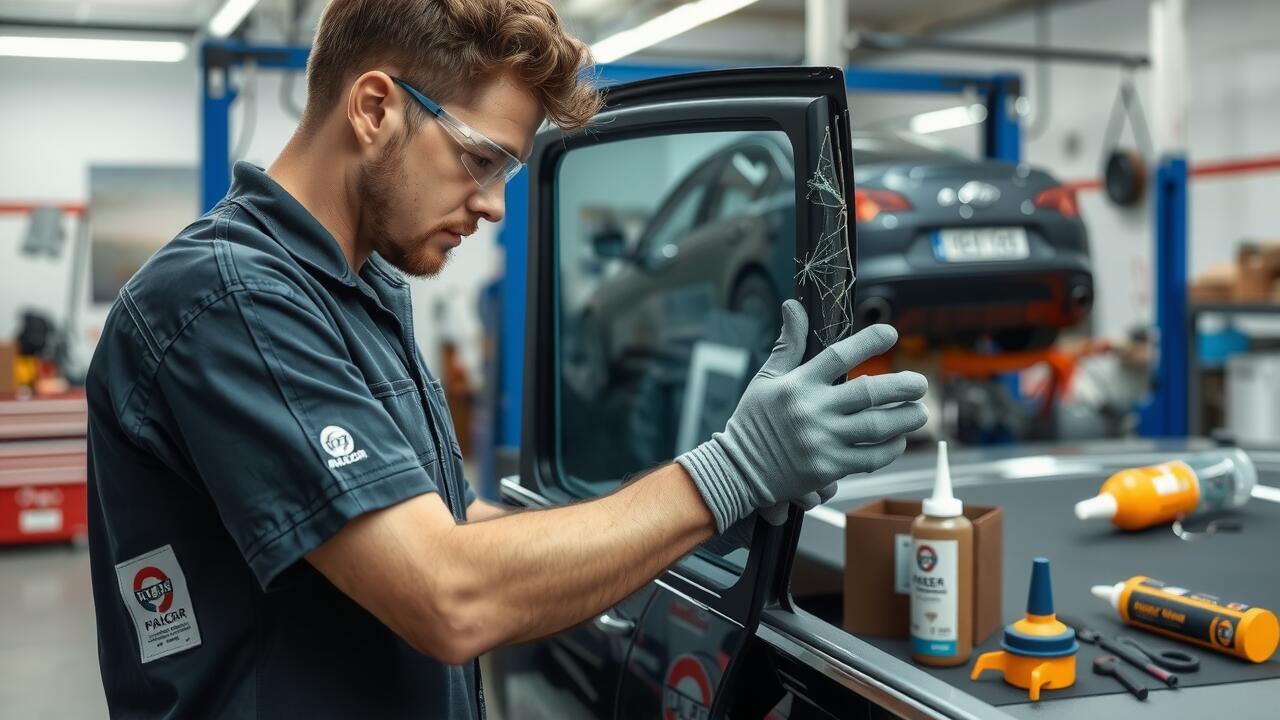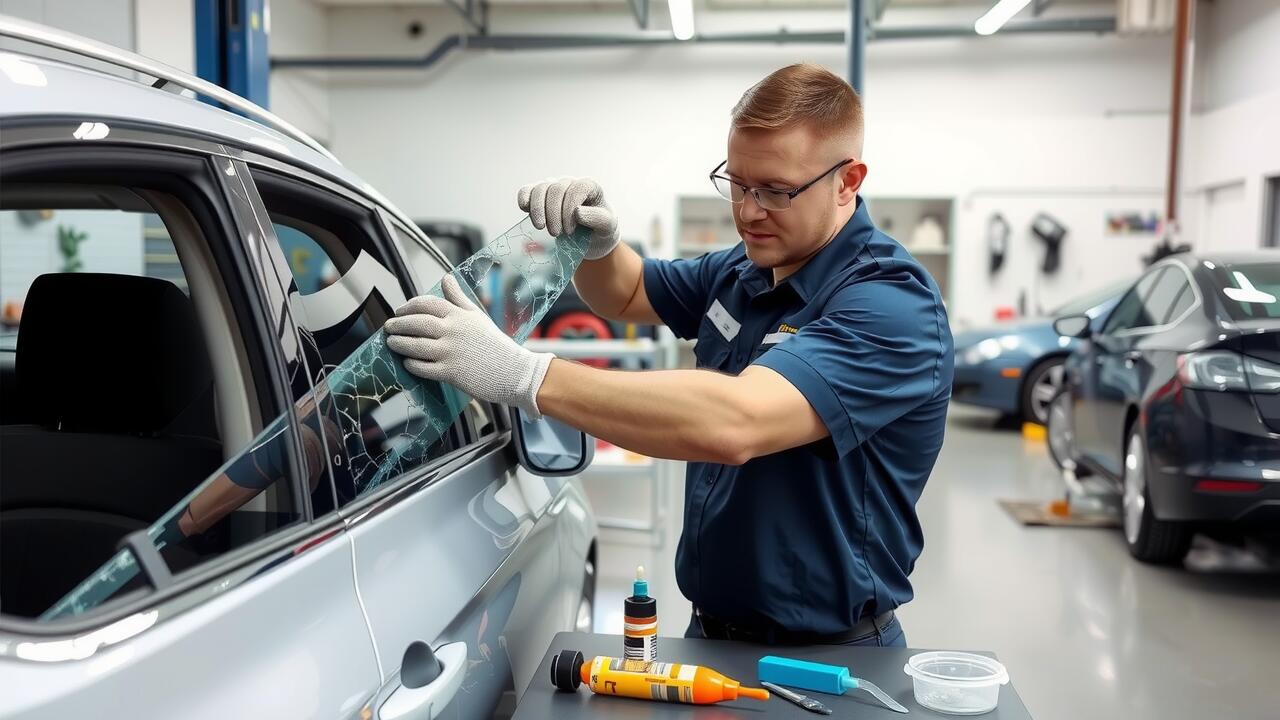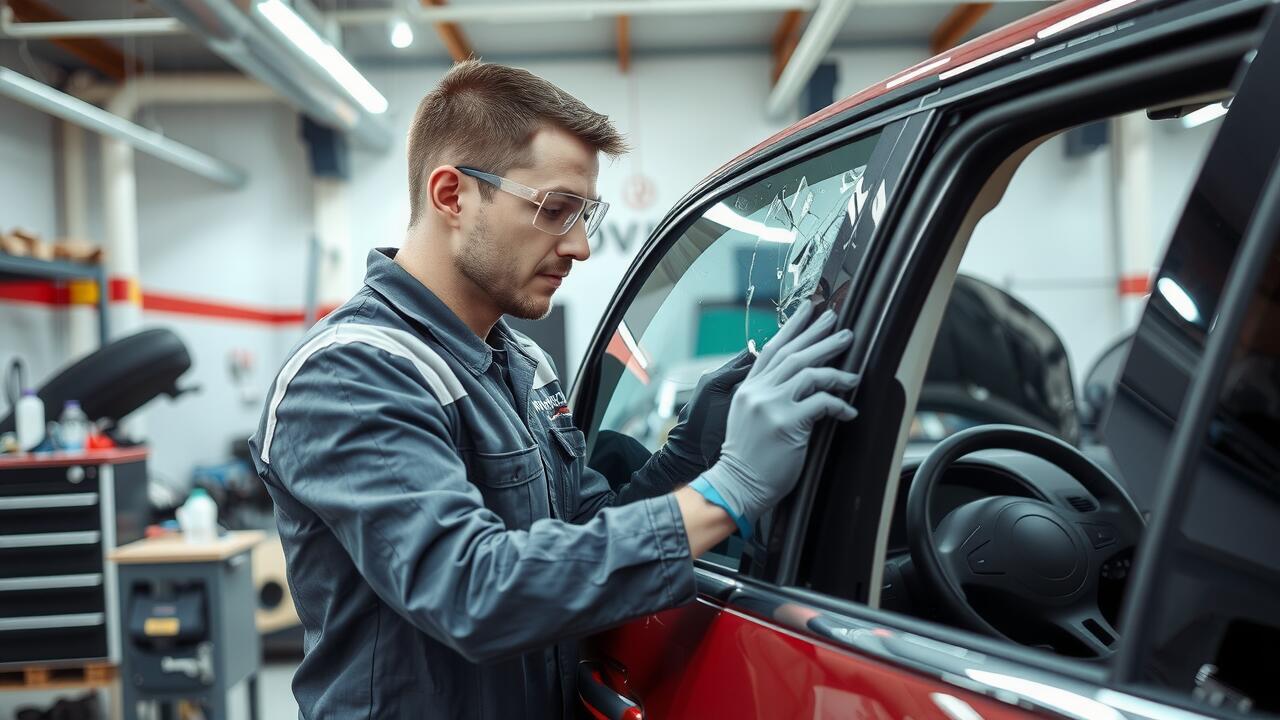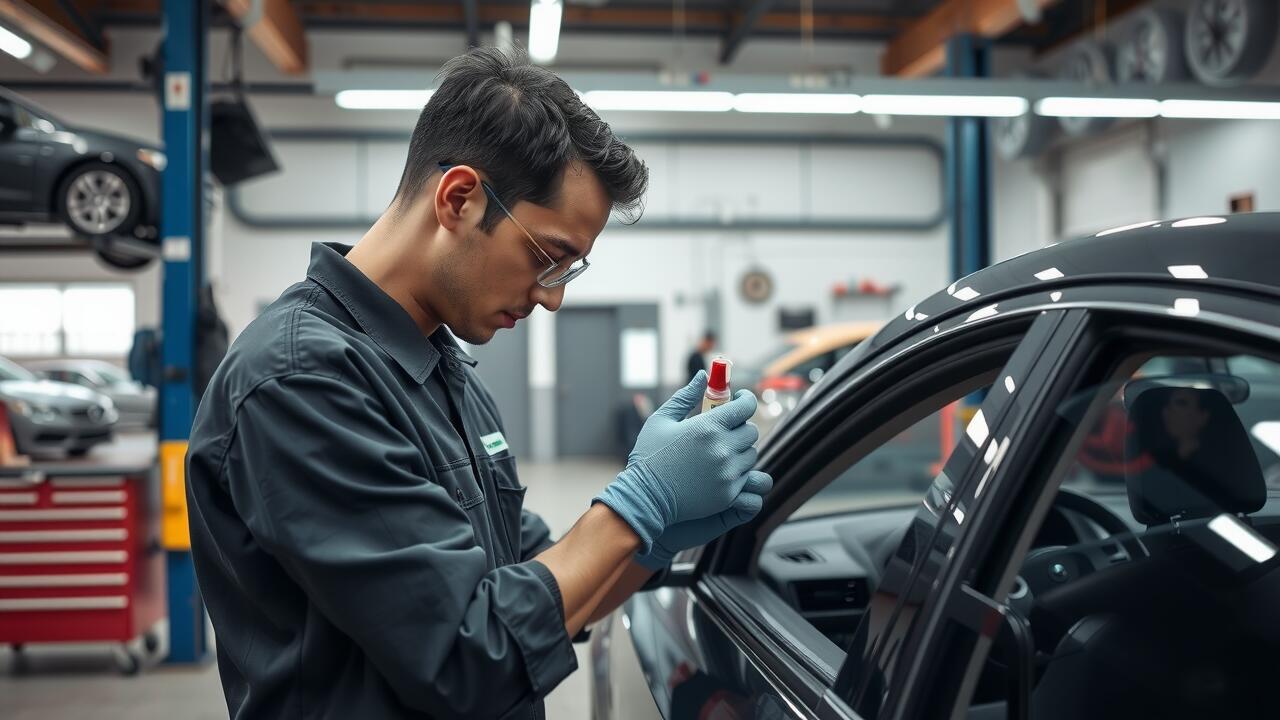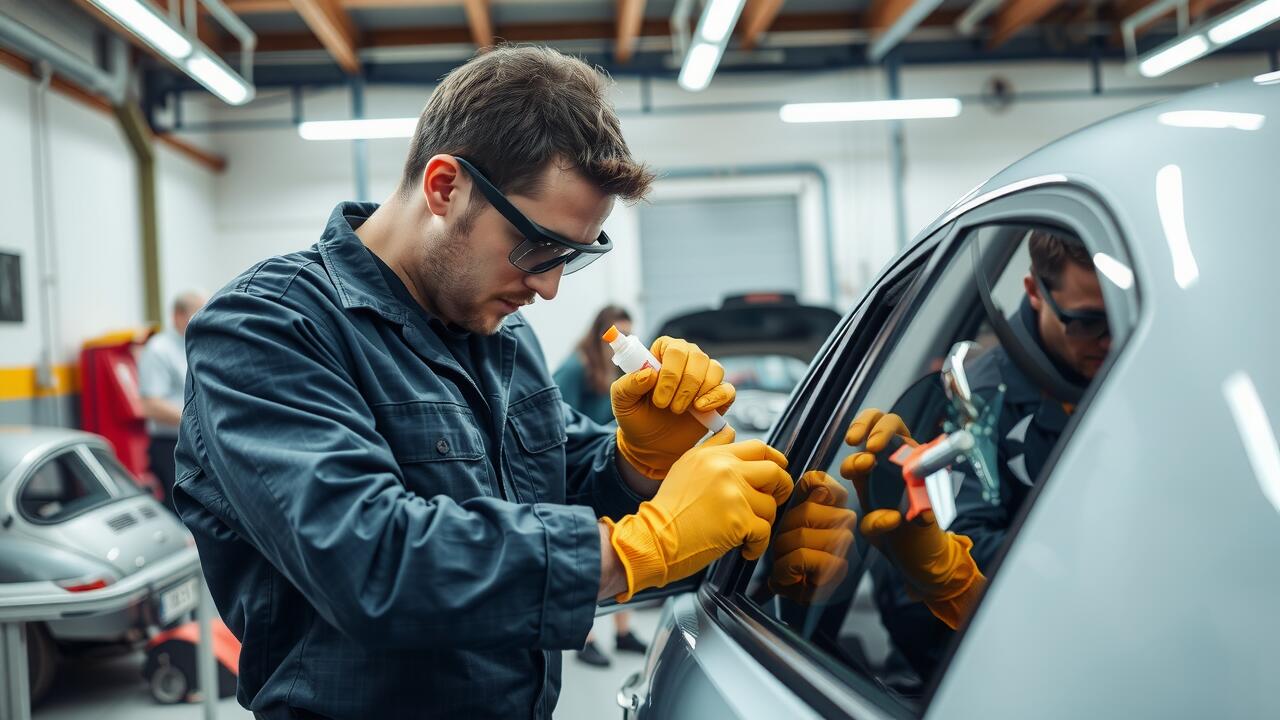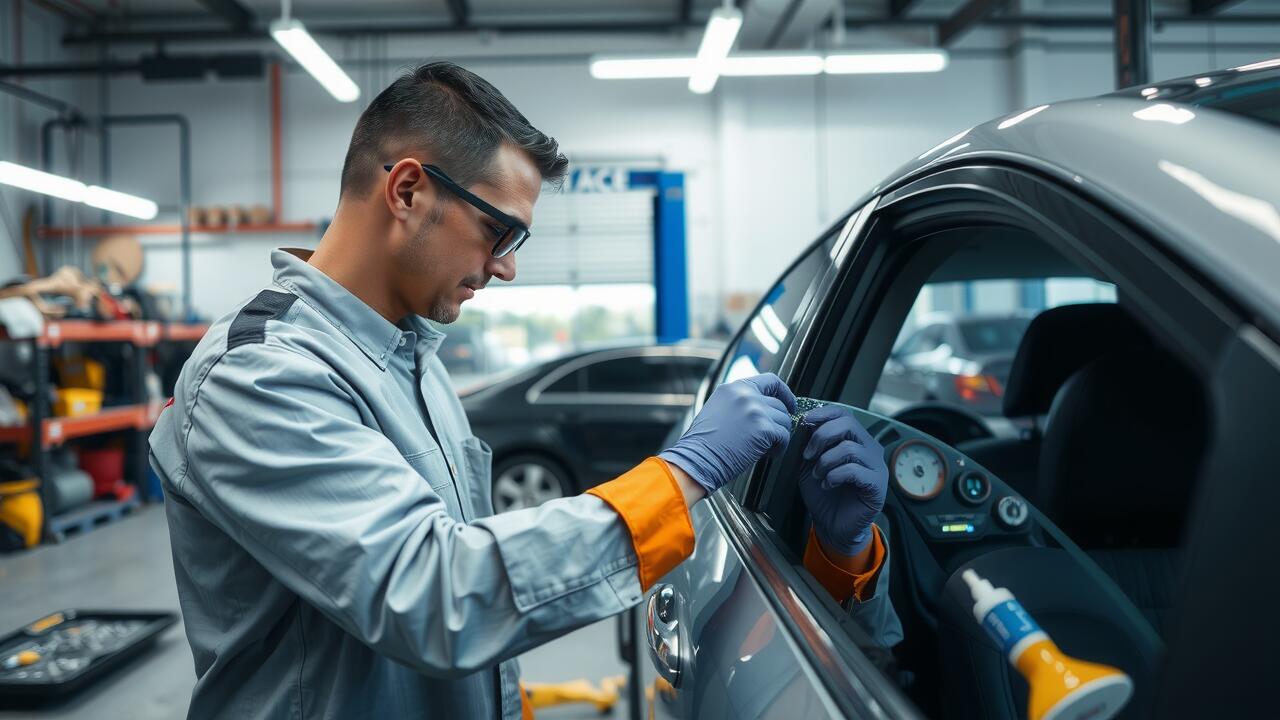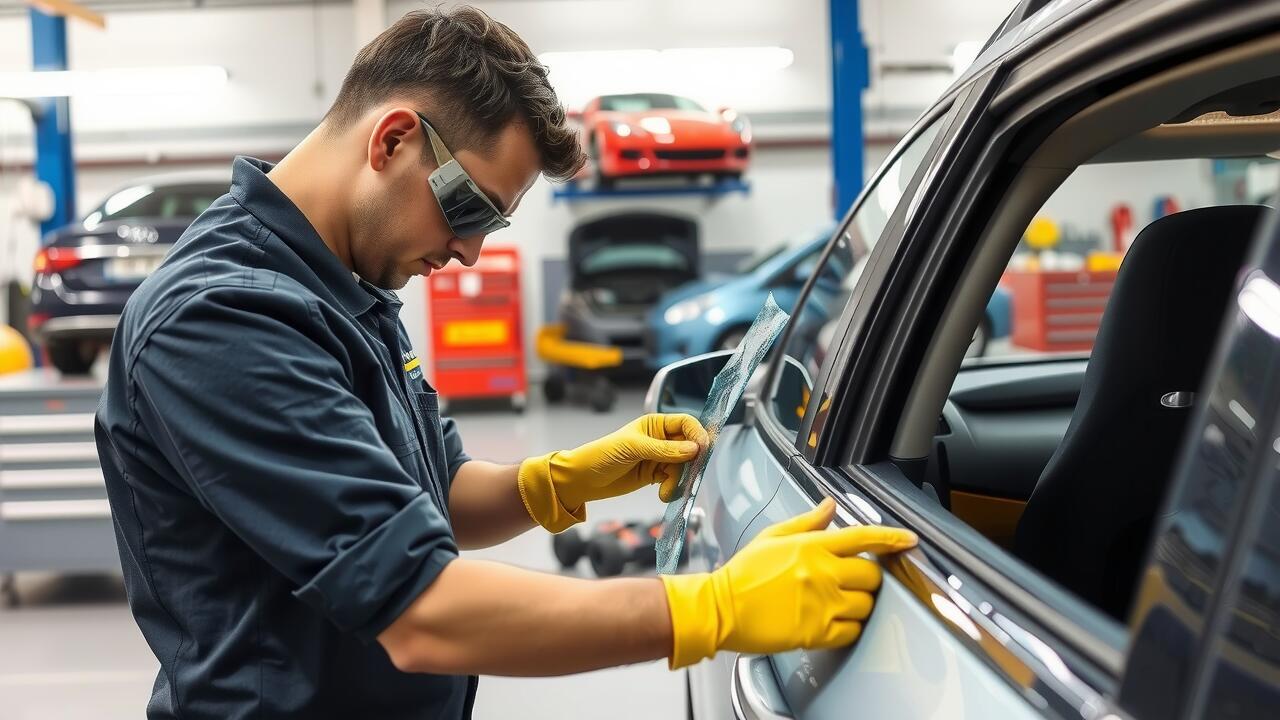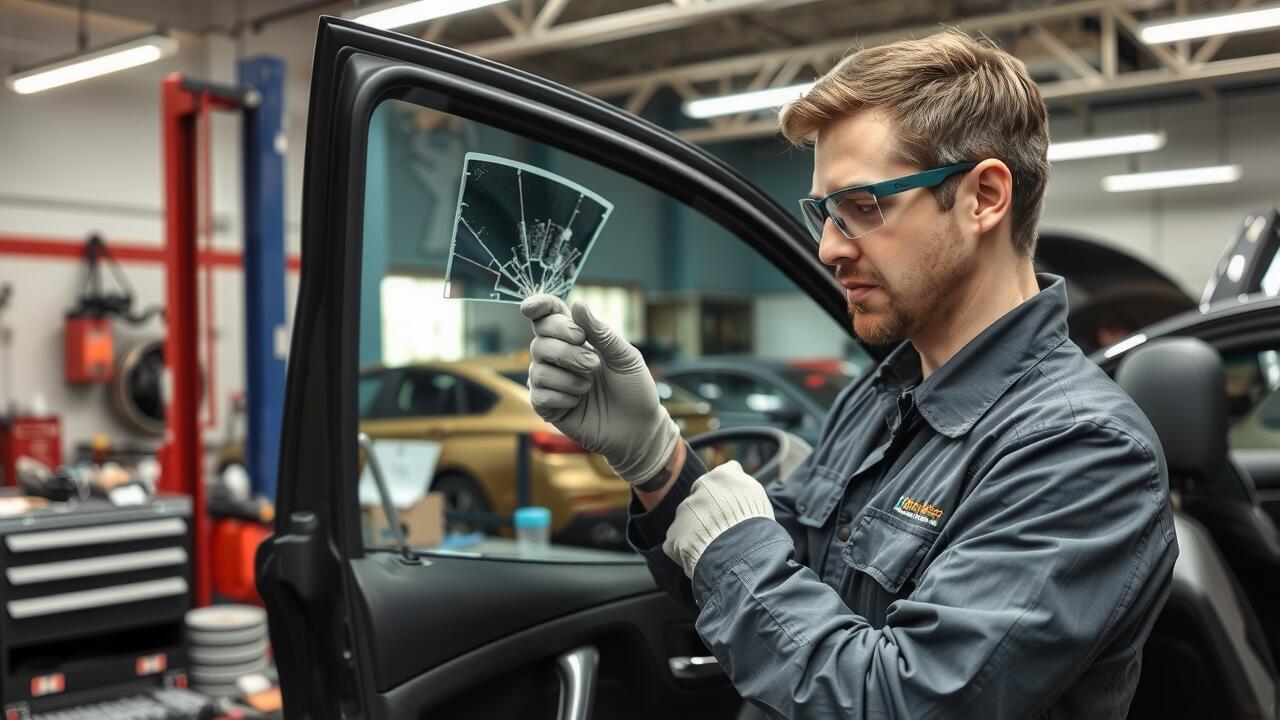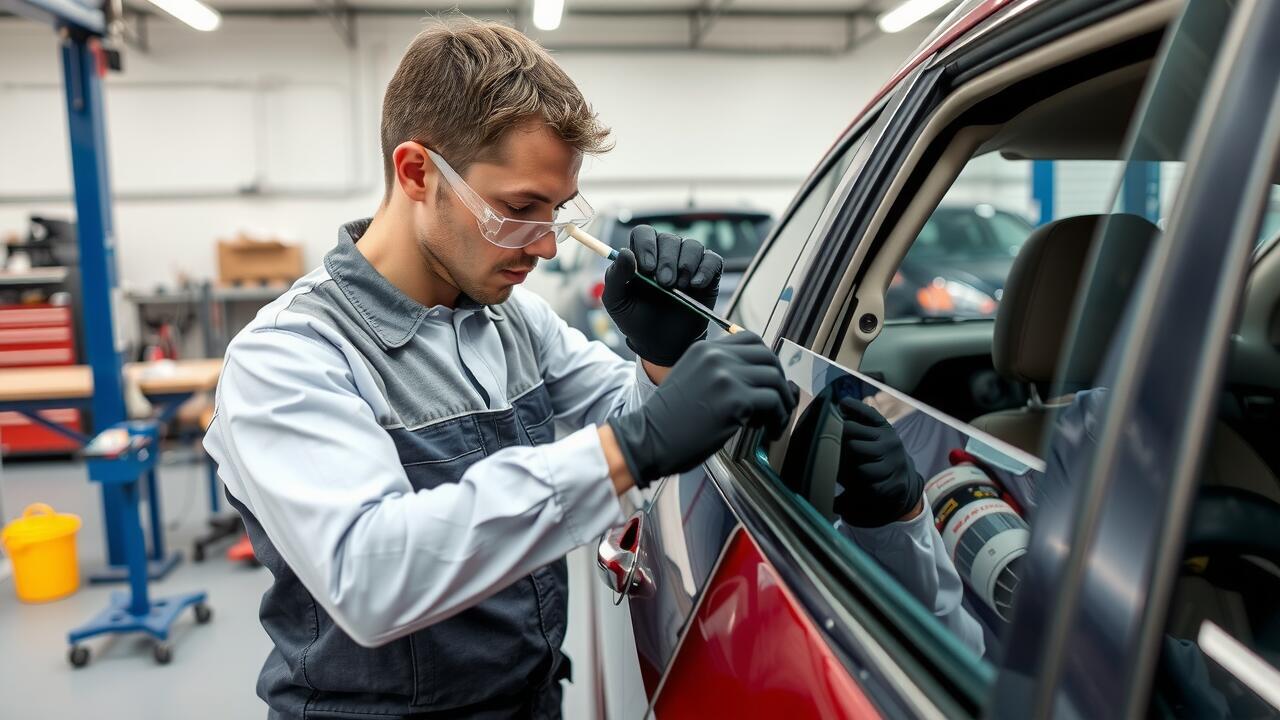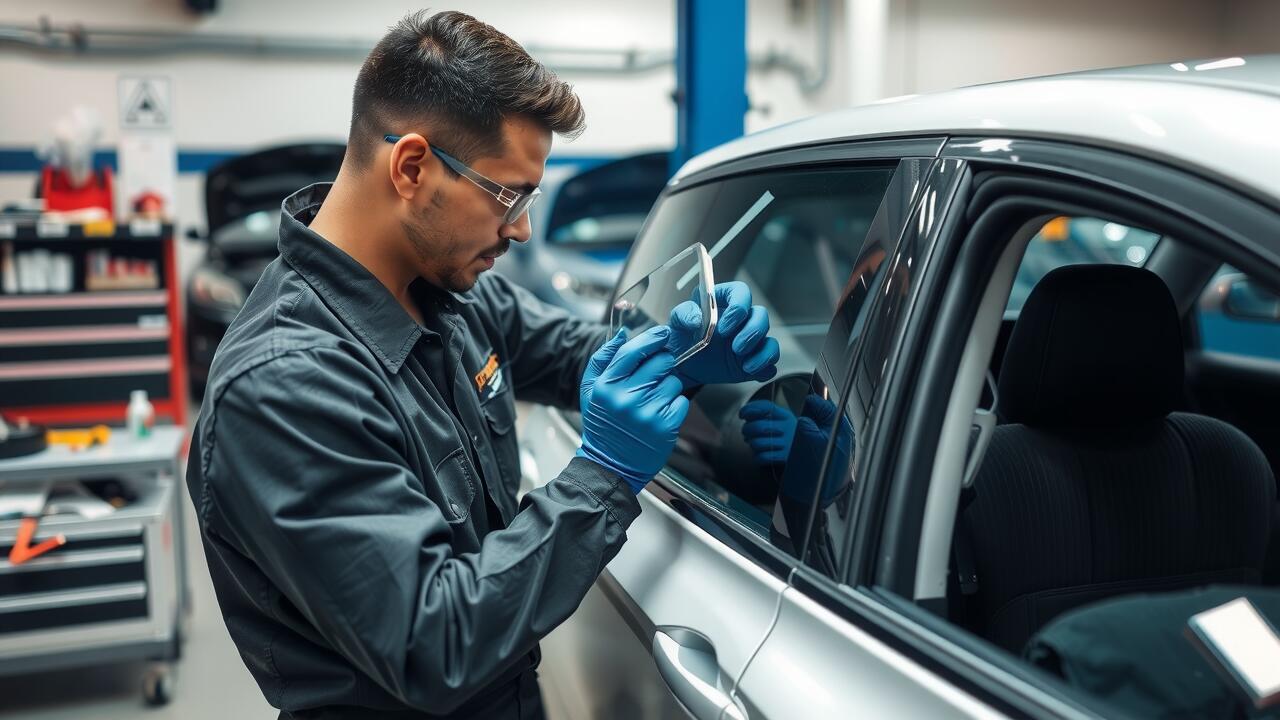
Table Of Contents
Long-Term Benefits of Replacing Windows
Replacing windows offers several long-term benefits that extend beyond immediate aesthetic improvements. New windows often feature enhanced energy efficiency, which can lead to significant reductions in heating and cooling costs. Advances in technology mean that double or triple-glazed options provide excellent insulation against the Australian climate. This energy efficiency not only contributes to your savings but also reduces your carbon footprint, making your home more environmentally friendly.
In addition to cost savings, replacement windows can enhance the property value of your home. Potential buyers are often drawn to homes with modern, energy-efficient windows that come with warranties. While Side Window Repair may address short-term issues, investing in new windows can yield substantial returns over time. Homeowners can also enjoy improved noise reduction and increased comfort, adding to the overall living experience.
Improved Aesthetics and Property Value
Enhancing the aesthetics of a home can significantly impact its overall value, making replacement windows an appealing option for homeowners looking to invest in their property. New windows often feature modern designs, improved energy efficiency, and various styles that can complement architectural elements. This upgrade not only transforms the appearance of the house but can also attract potential buyers, creating a positive impression that may lead to higher offers.
On the other hand, while Side Window Repair can resolve certain issues, it may not address underlying problems that compromise the overall appearance and functionality of the windows. Over time, older windows can detract from a property's charm, causing a decrease in its market value. Opting for replacements can provide a long-lasting solution that enhances curb appeal, making homes more appealing and competitive in the real estate market.
Repairing vs. Replacing
When faced with a damaged window, homeowners often ponder the feasibility of repair versus replacement. Side Window Repair can provide a temporary solution, especially if the damage is minor or limited to seals or hardware. This option often allows homeowners to maintain the original character of the building while addressing immediate concerns without the expense of full replacement.
However, replacement offers long-term benefits that repair cannot match. Older windows may have inefficiencies that affect energy consumption, while new windows often come with improved insulation and enhanced security features. Opting for a replacement could yield better returns on investment, particularly for those looking to improve property value and aesthetic appeal. The decision to repair or replace ultimately hinges on the specific circumstances surrounding the window's condition and the homeowner's long-term goals.
Analyzing the Financial Implications
When considering the financial implications of window maintenance, it is essential to assess both repair and replacement options carefully. Side Window Repair can often appear to be the more economical choice in the short term, especially for minor damage or issues. However, these repairs can accumulate over time, leading to higher long-term costs, particularly if they require frequent attention. Investing in a new window may have a higher upfront cost but could translate into savings on energy bills, improved durability, and reduced maintenance needs over the years.
Additionally, replacement windows may qualify for various energy efficiency rebates, providing financial incentives to homeowners. The potential increase in property value must also be factored in, as newer windows can significantly enhance the appeal of a home. When evaluating the overall value of Side Window Repair versus a complete replacement, taking into account these financial aspects can lead to a more informed decision that aligns with both immediate budgets and long-term investment goals.
Choosing the Right Materials
When considering replacement windows, the choice of materials plays a significant role in performance and longevity. Timber, aluminium, and uPVC are among the most common options, each with distinct benefits. Timber offers excellent insulation and a classic look, while aluminium provides durability and a modern aesthetic. uPVC is known for its energy efficiency and minimal maintenance requirements. Homeowners should weigh these factors based on their specific climate and maintenance preferences.
For those contemplating repairs, opting for quality materials can enhance the effectiveness of a Side Window Repair. Using proper sealants and fittings ensures that the repair not only addresses immediate issues but also boosts the window's lifespan. Selecting the right materials not only influences immediate functionality but also contributes to long-term satisfaction with both repairs and replacements.
Exploring Options for Replacement Windows
When considering replacement windows, it’s essential to explore a range of materials and styles that suit both your needs and your home's design. Options like vinyl, wood, and aluminium each offer unique benefits. Vinyl is known for its energy efficiency and low maintenance, while wood provides a traditional aesthetic. Aluminium, although less insulative, boasts durability and strength, making it suitable for various climates. Assessing the architectural style of your home can also guide you in selecting the most fitting design.
Homeowners should also factor in the long-term benefits of improved energy efficiency when making their decision. Modern replacement windows often come with energy-efficient glazing and insulation technologies that significantly reduce heating and cooling costs. This is particularly beneficial in regions where extreme weather conditions impact energy consumption. If you are considering a comprehensive approach to window maintenance, exploring options like Side Window Repair can also extend the lifespan of existing windows, providing a more economical alternative to full replacement in some instances.
FAQS
When should I consider replacing my window instead of repairing it?
You should consider replacing your window if it has significant damage, such as a broken frame, extensive rot, or if it is single-pane glass that lacks energy efficiency.
What are the long-term benefits of replacing windows?
Replacing windows can lead to improved aesthetics, increased property value, enhanced energy efficiency, and reduced maintenance costs in the long run.
How can I determine the cost-effectiveness of repairing versus replacing my window?
To determine cost-effectiveness, assess the extent of the damage, the costs associated with repairs, and compare them to the price of a new window along with potential long-term savings on energy bills.
What materials should I consider for replacement windows?
Common materials for replacement windows include vinyl, wood, aluminium, and fibreglass. Each material has its own benefits in terms of durability, insulation, and maintenance requirements.
Will replacing my windows really increase my property's value?
Yes, replacing windows can significantly enhance your property's curb appeal and energy efficiency, which can attract potential buyers and increase its overall market value.
